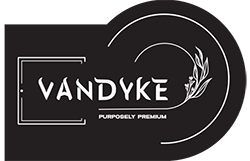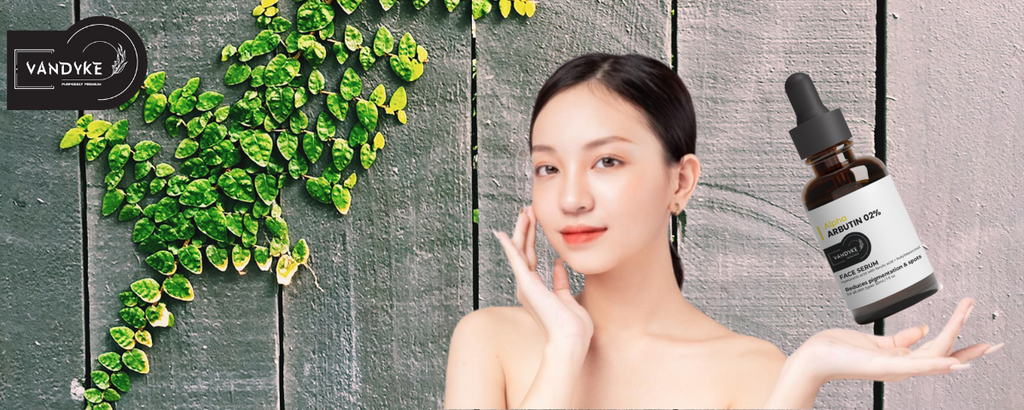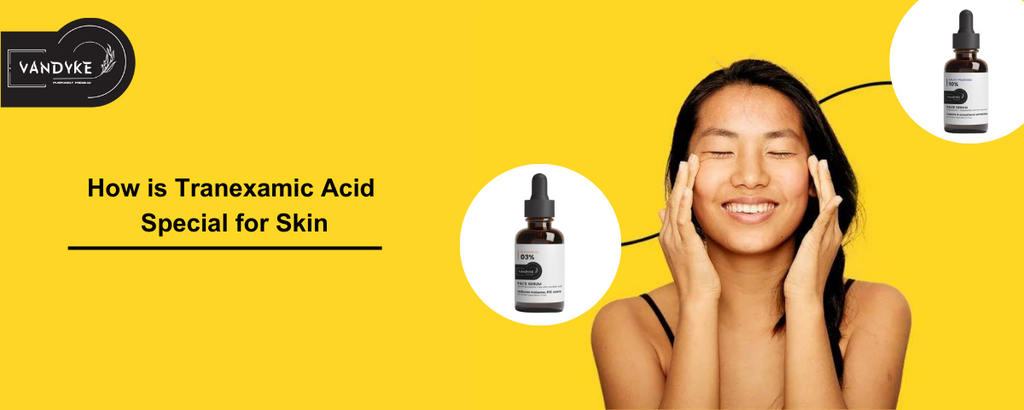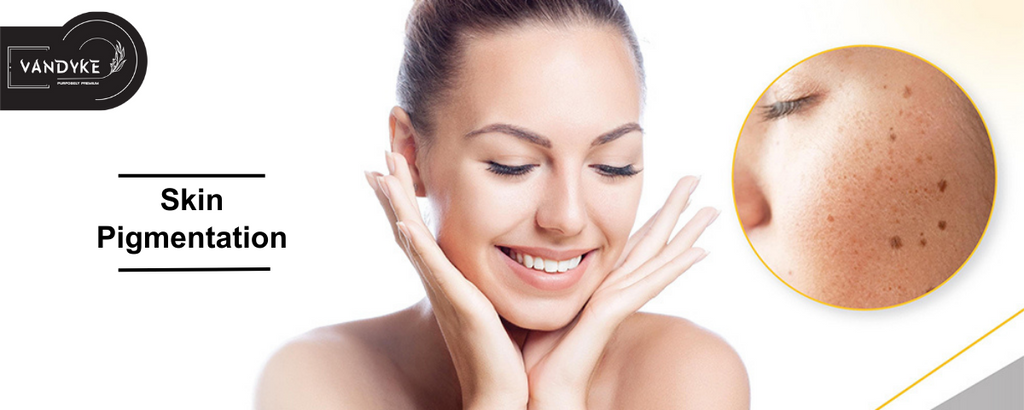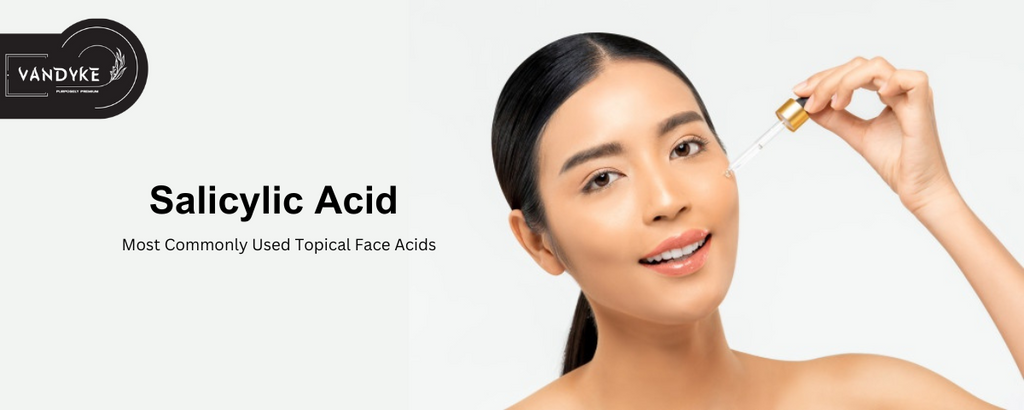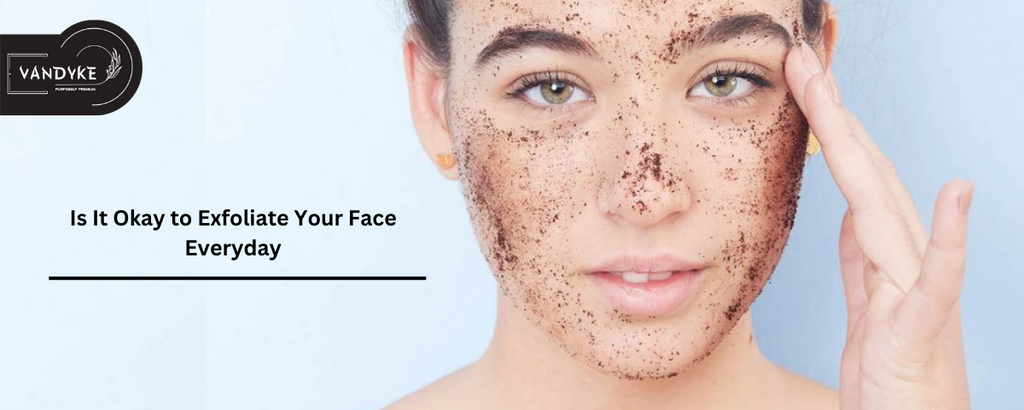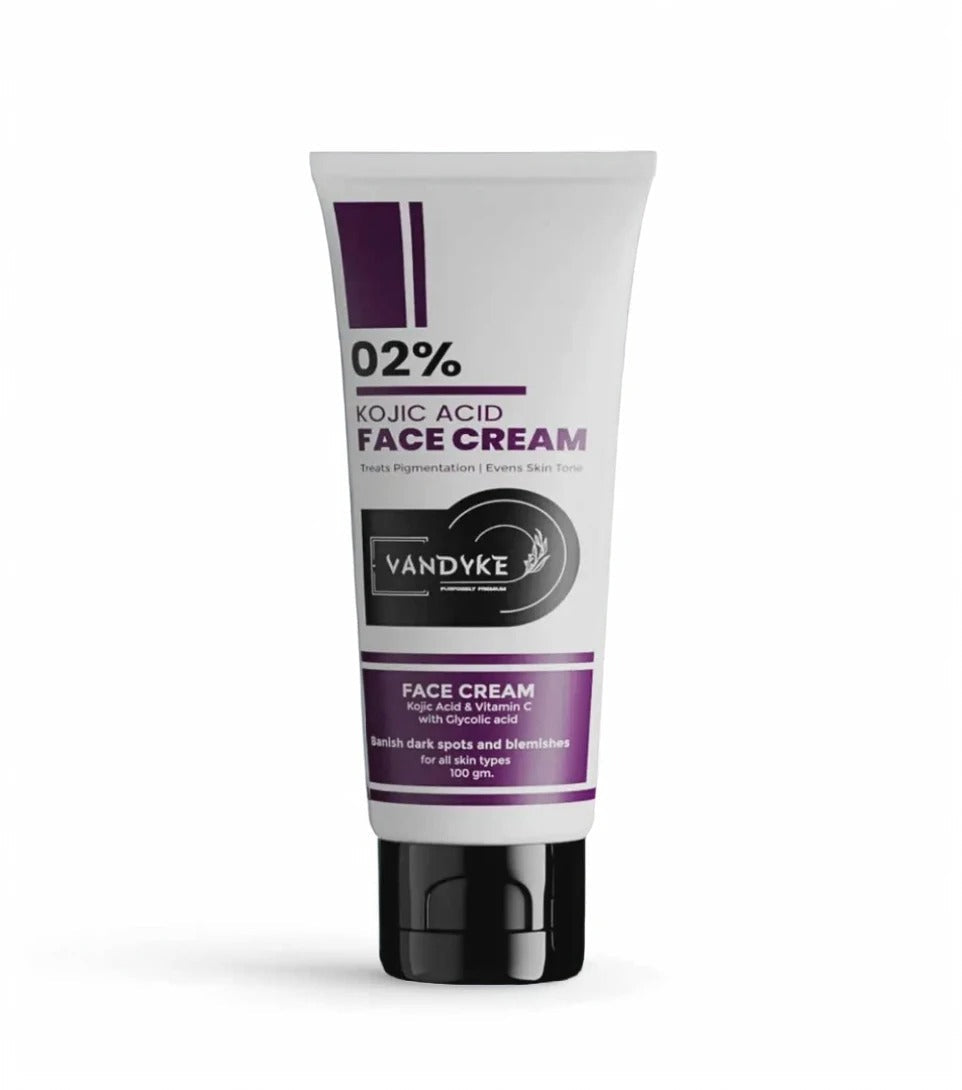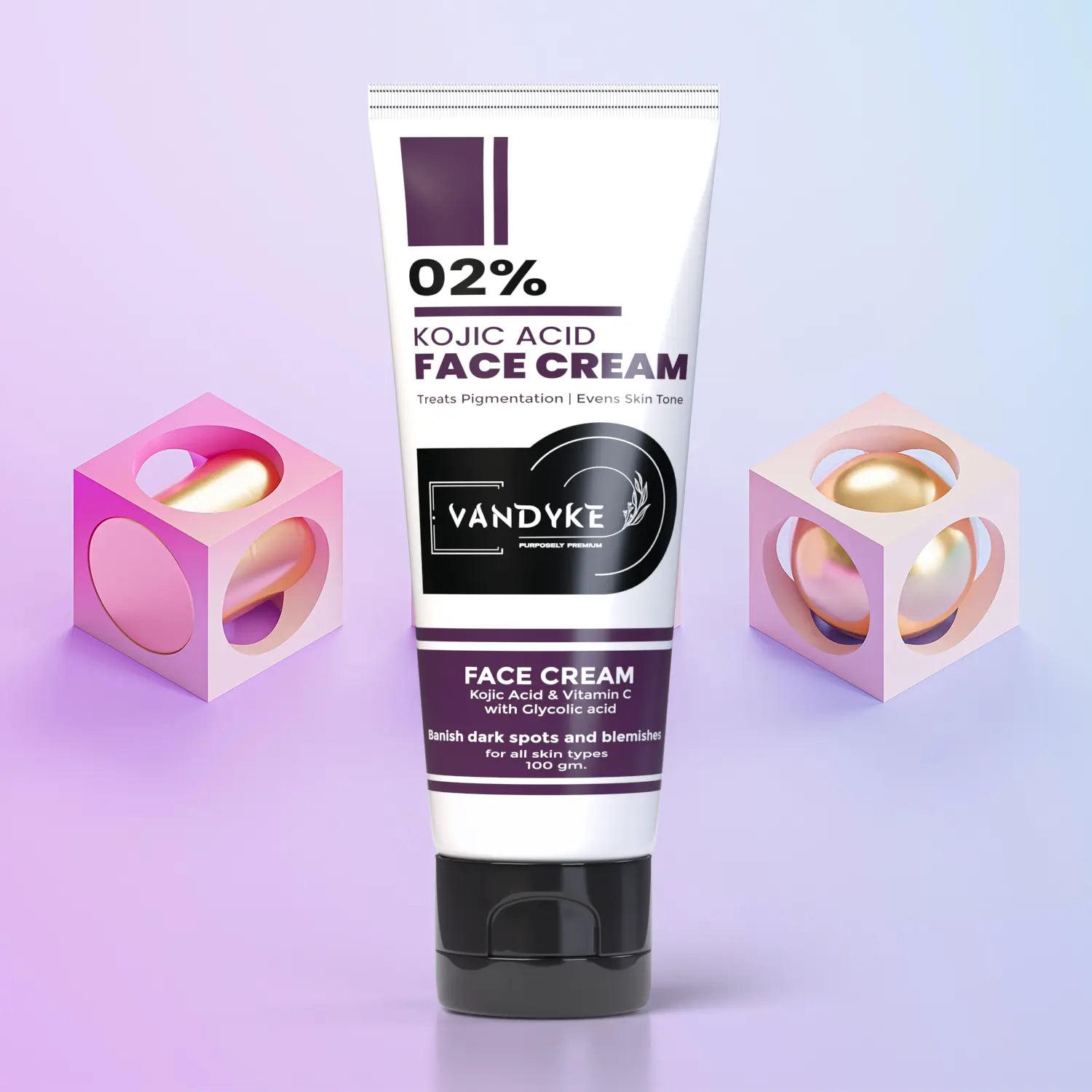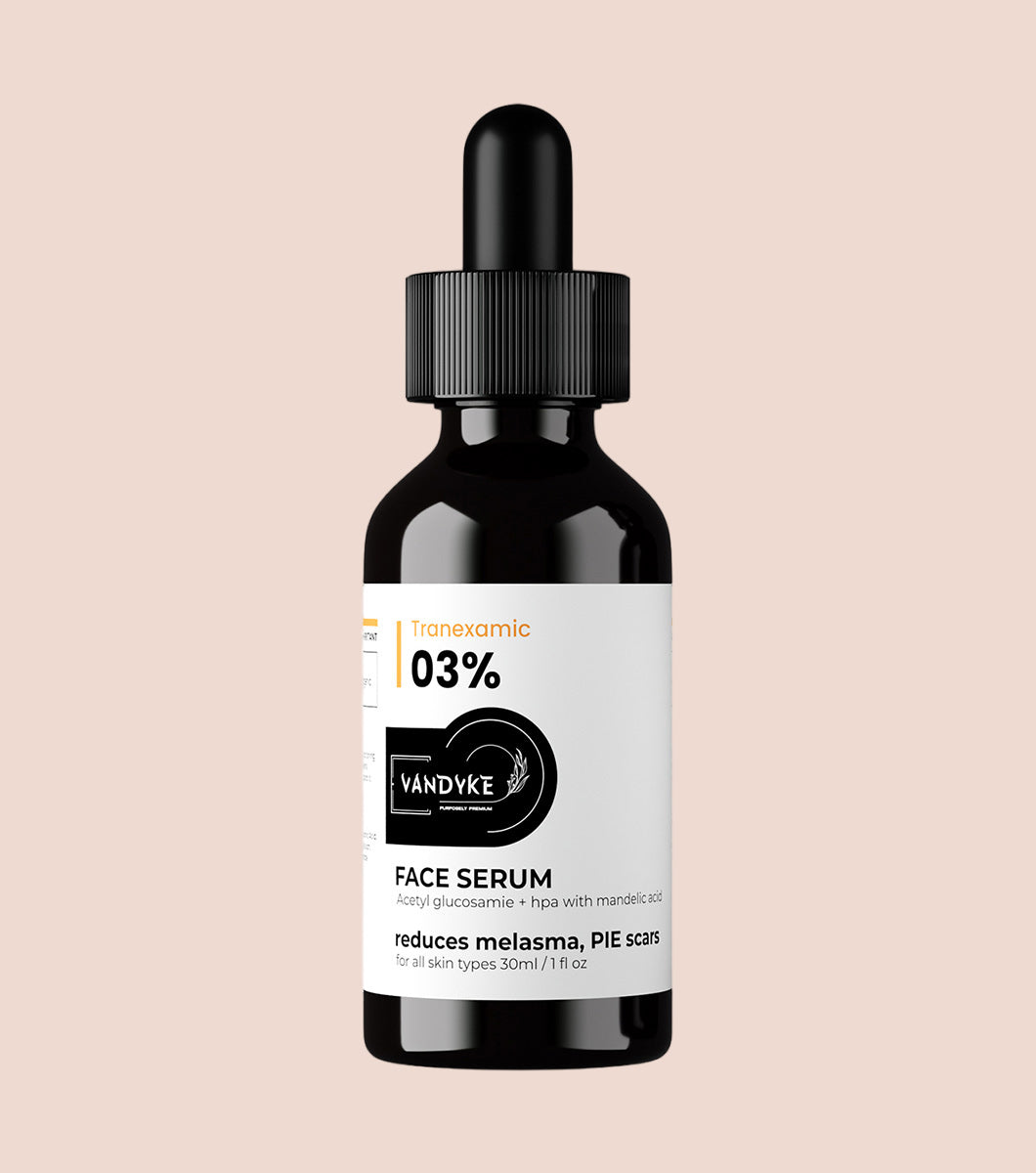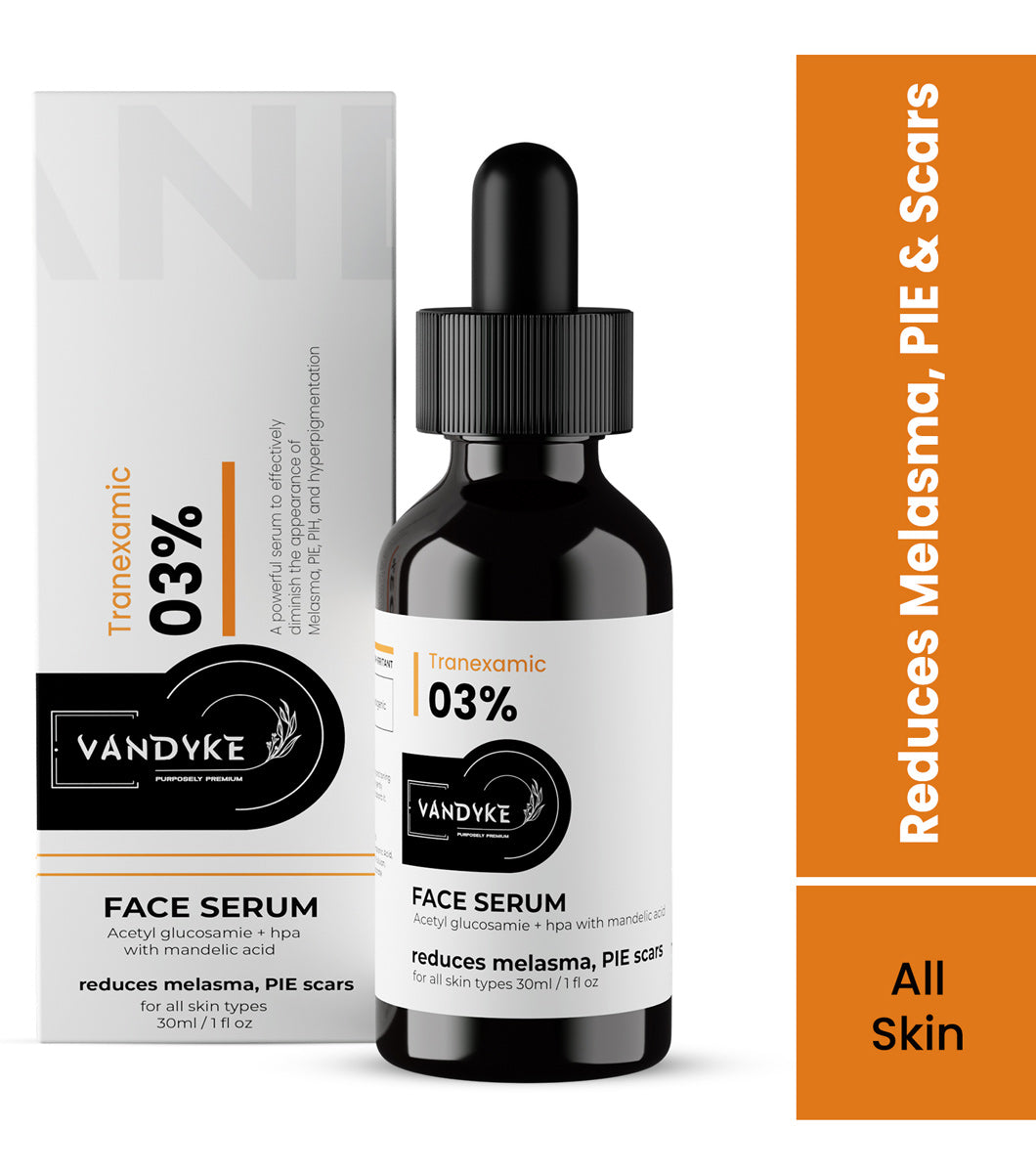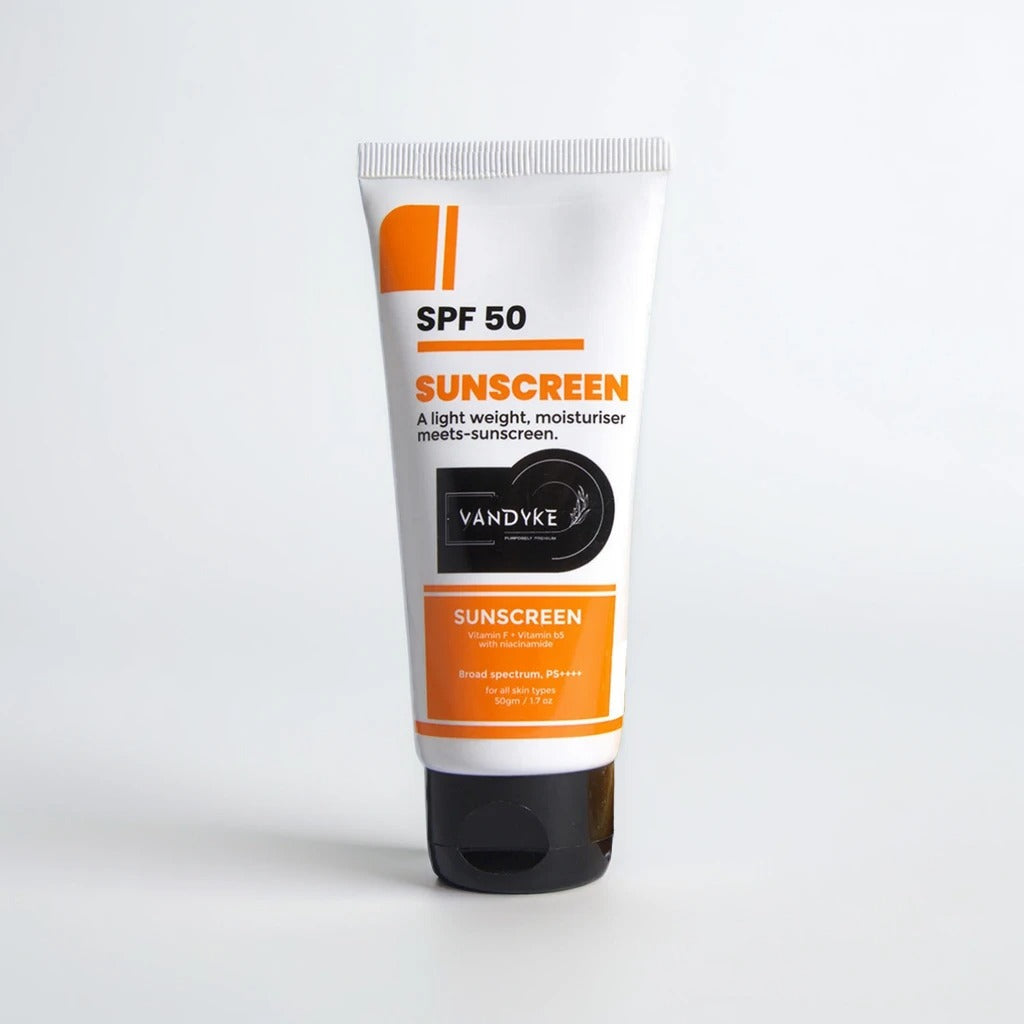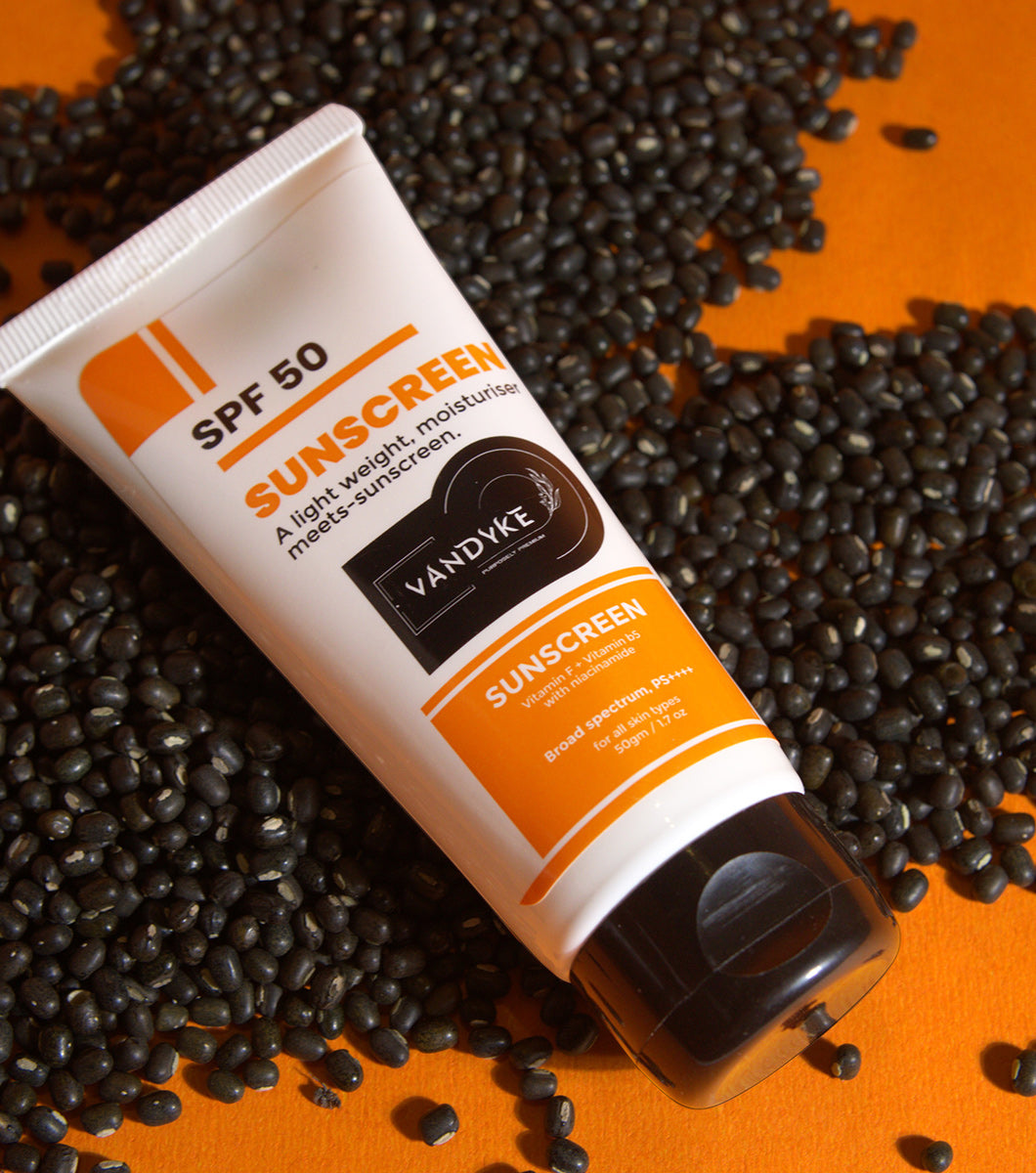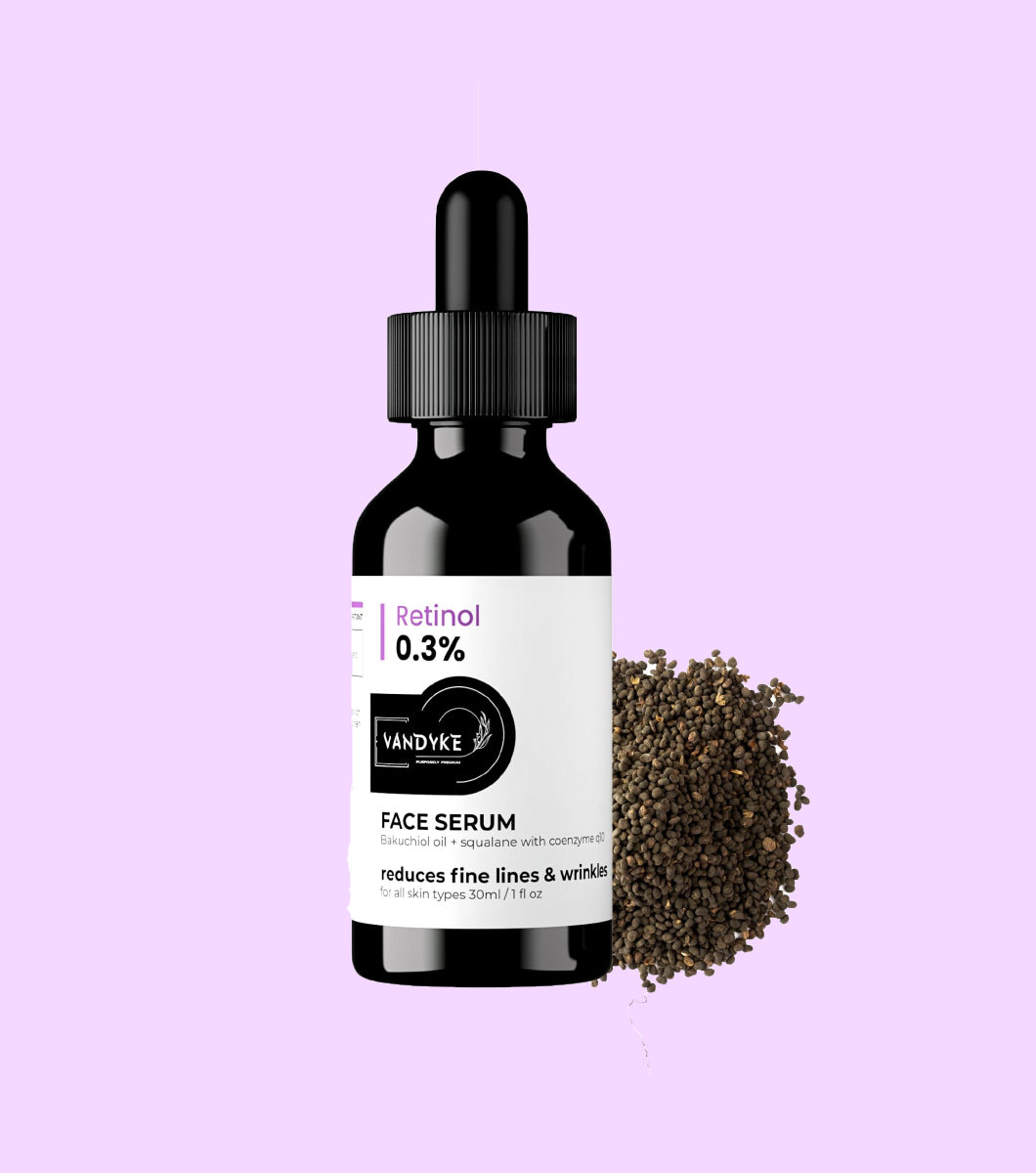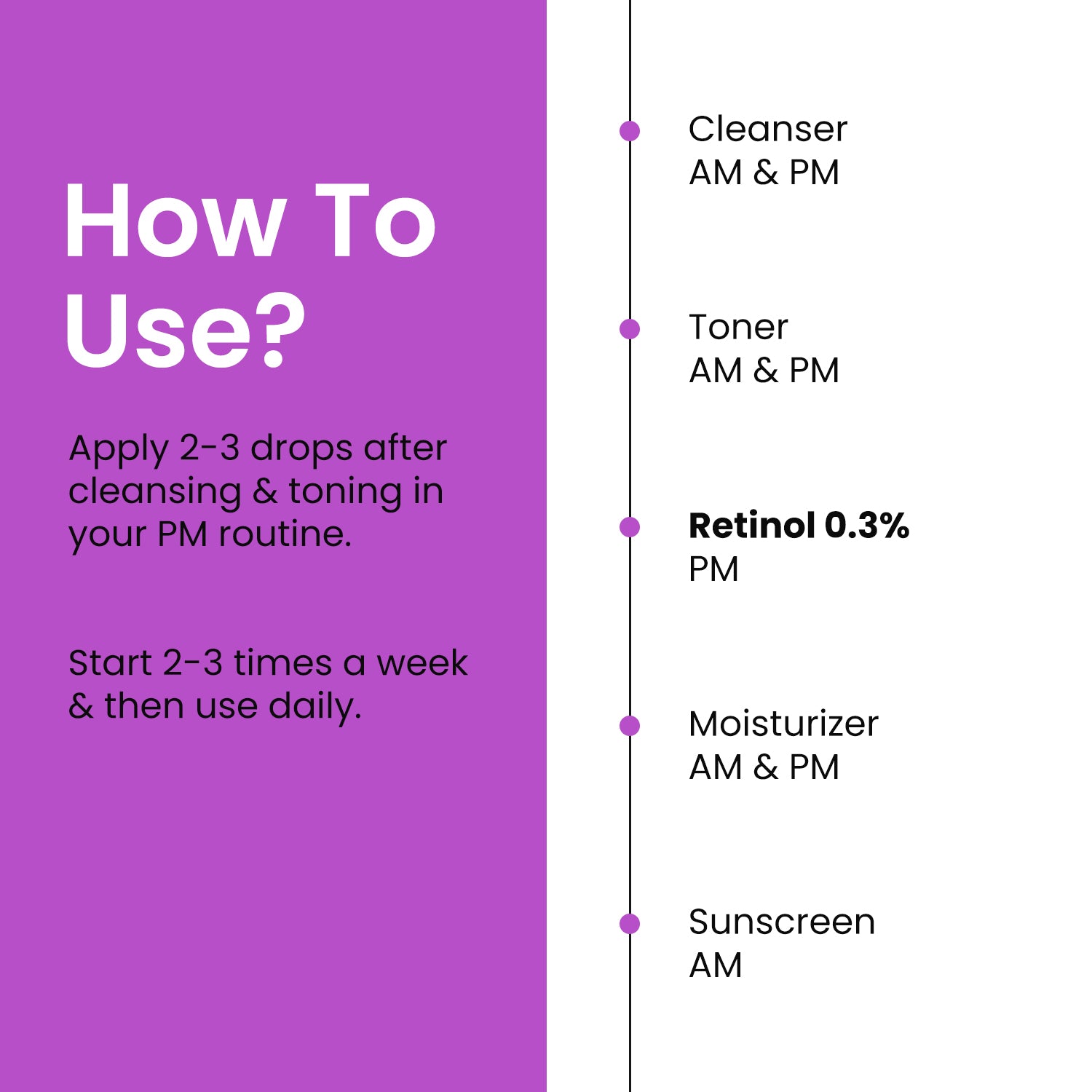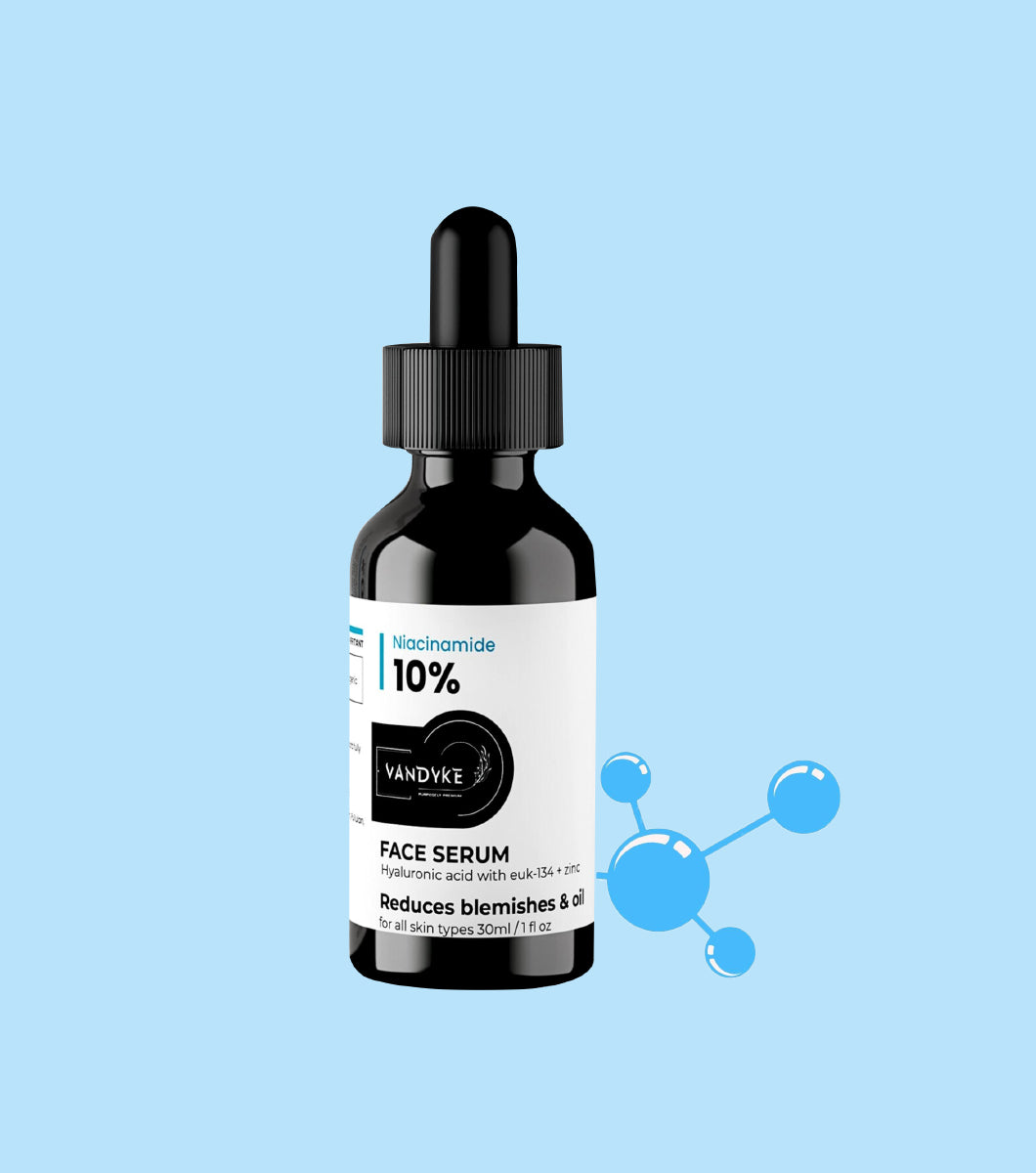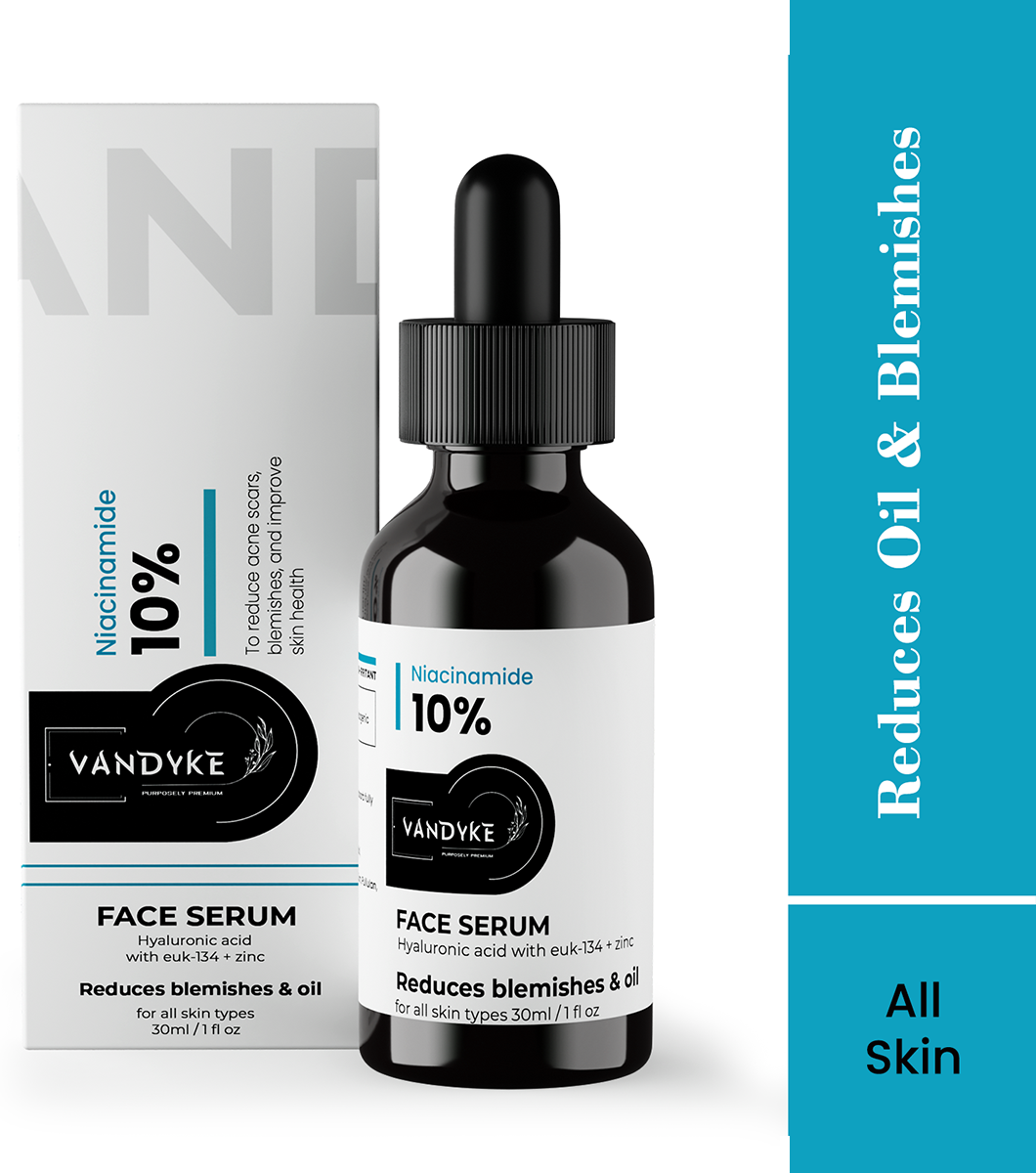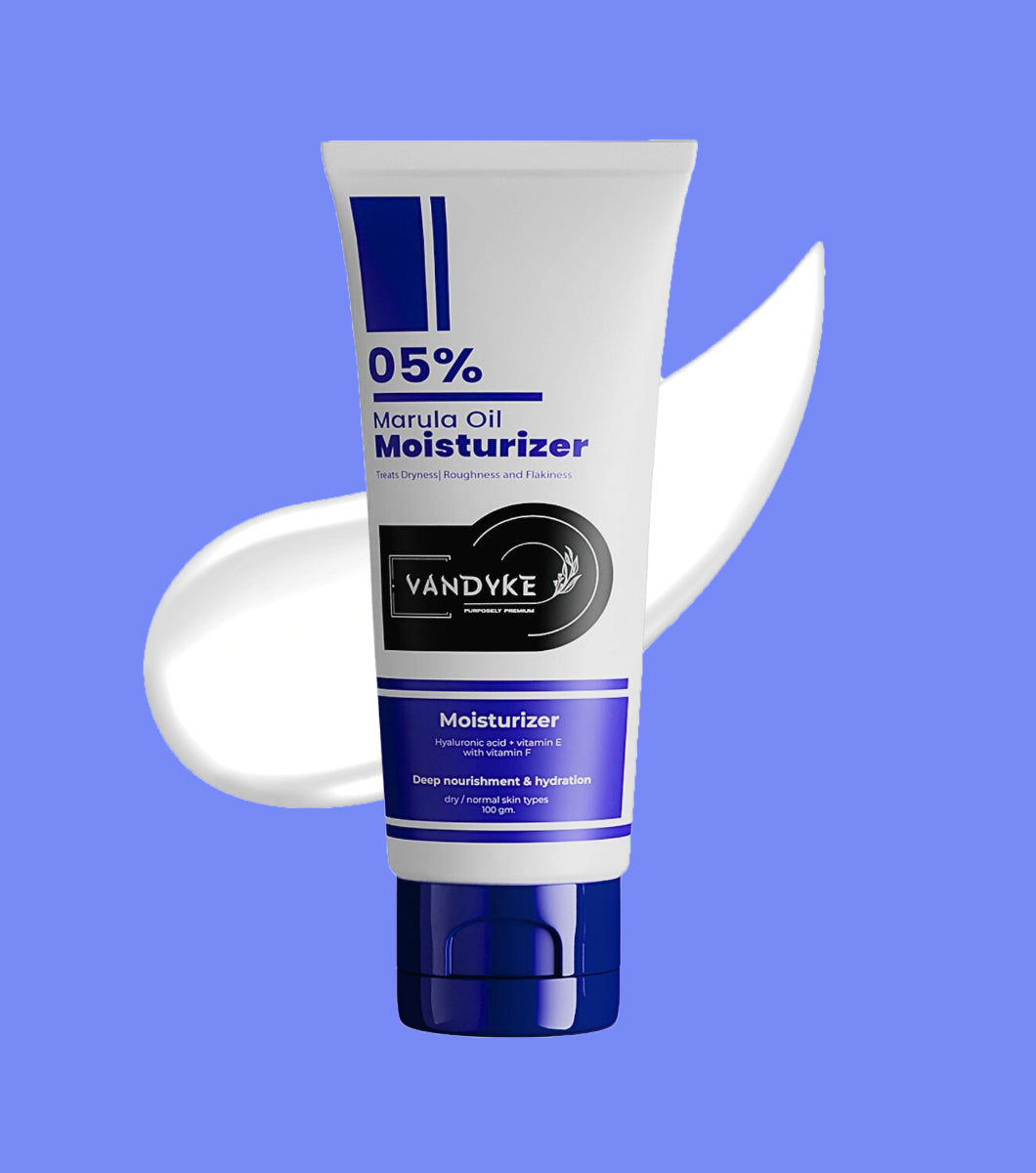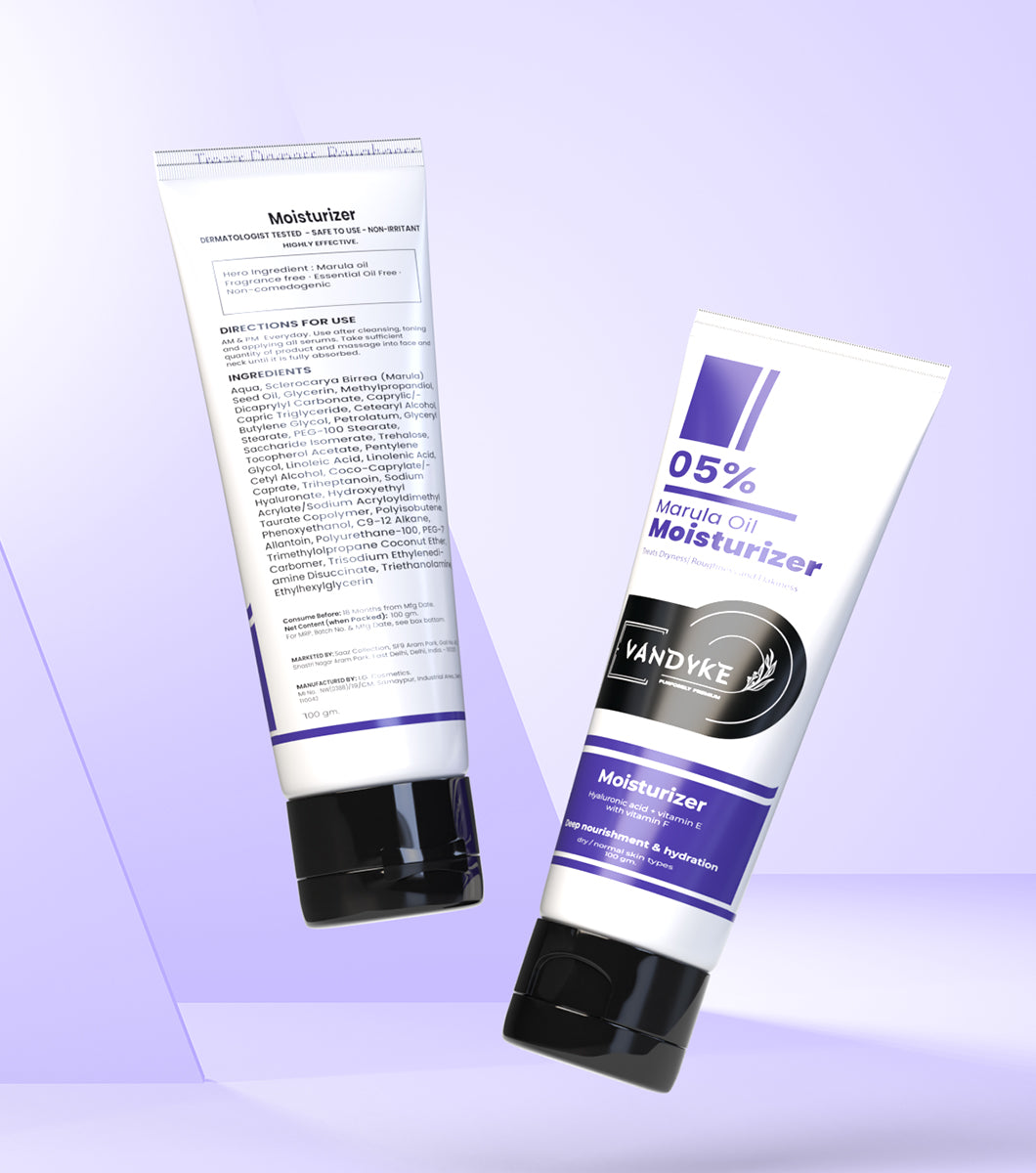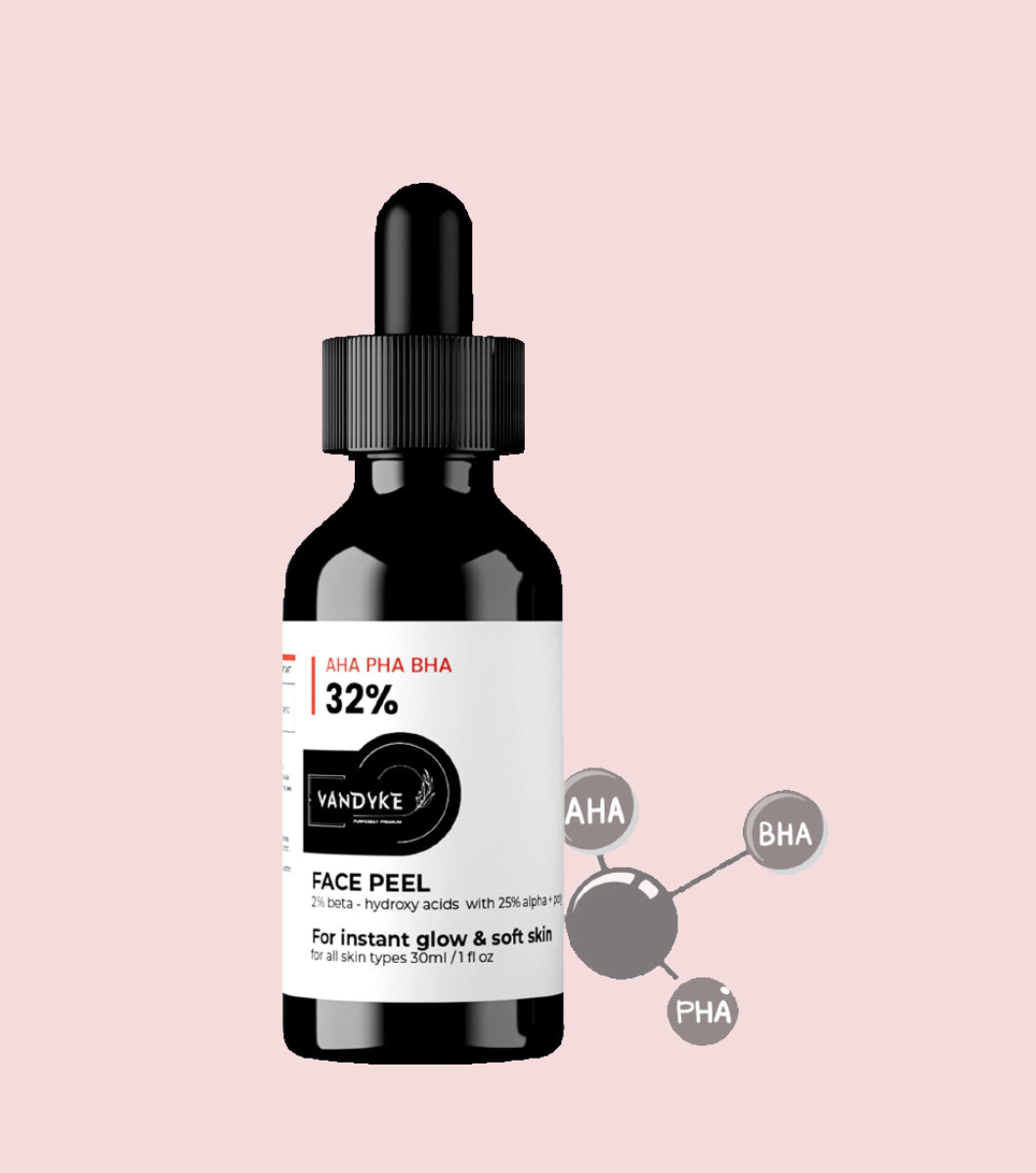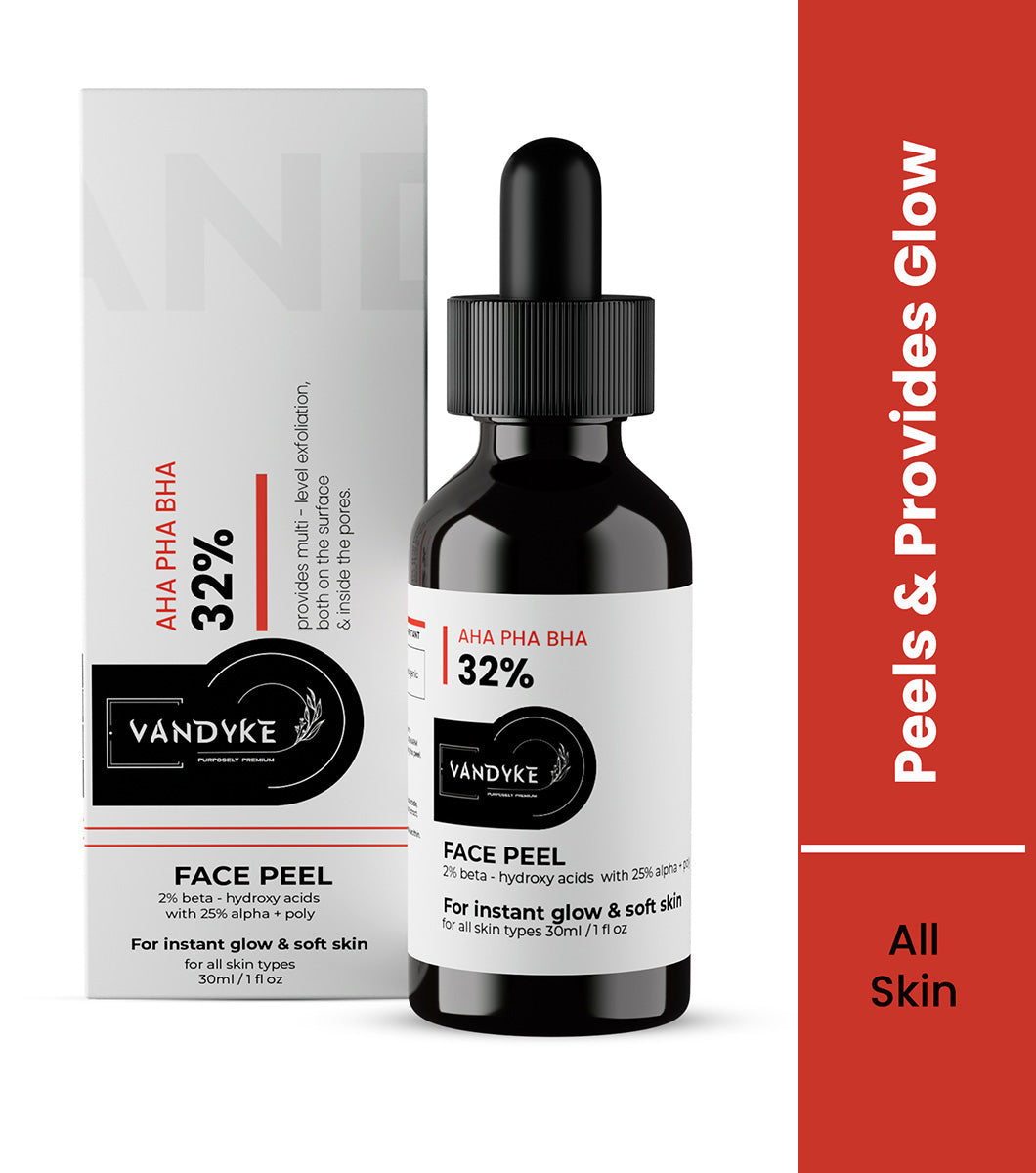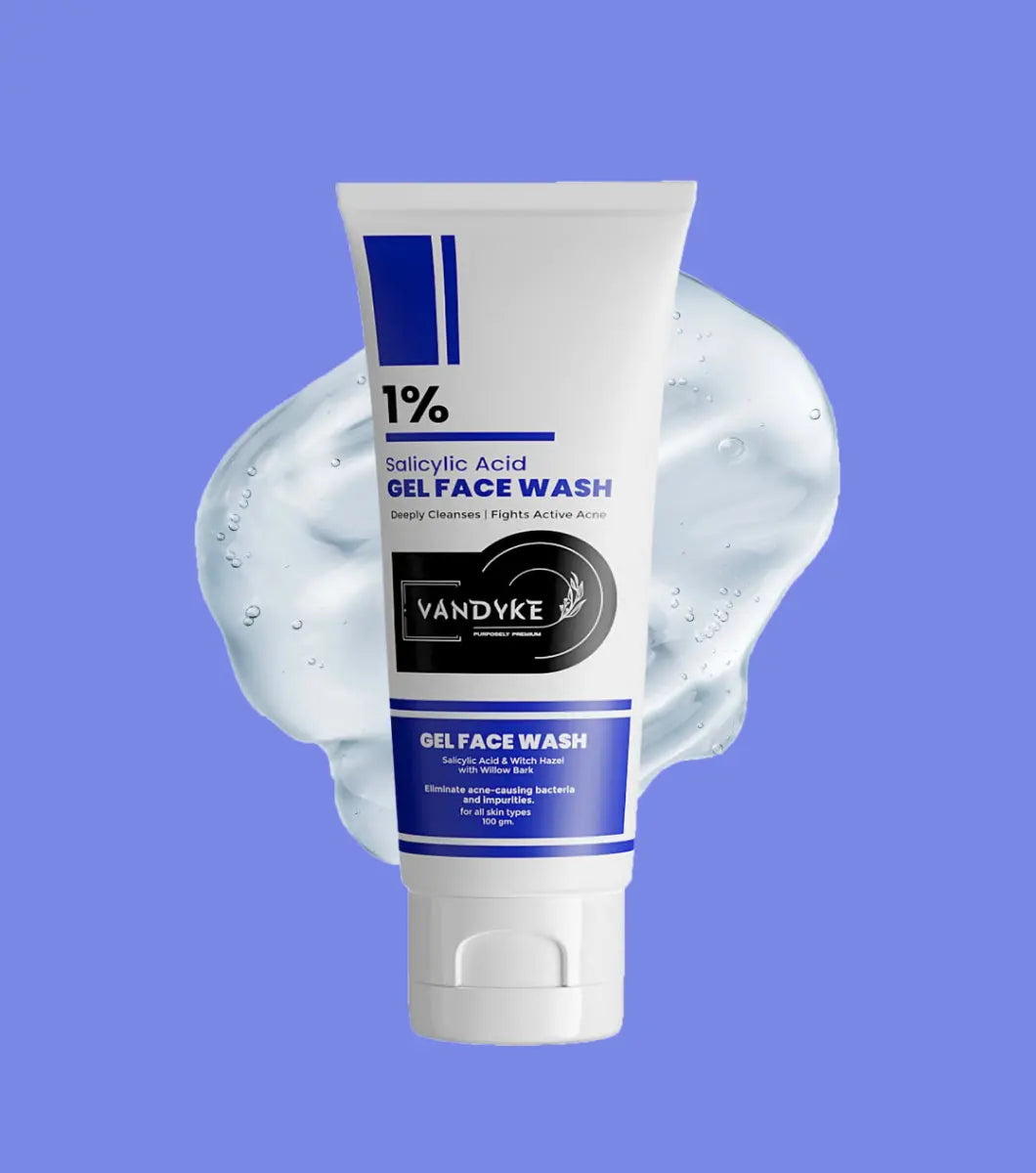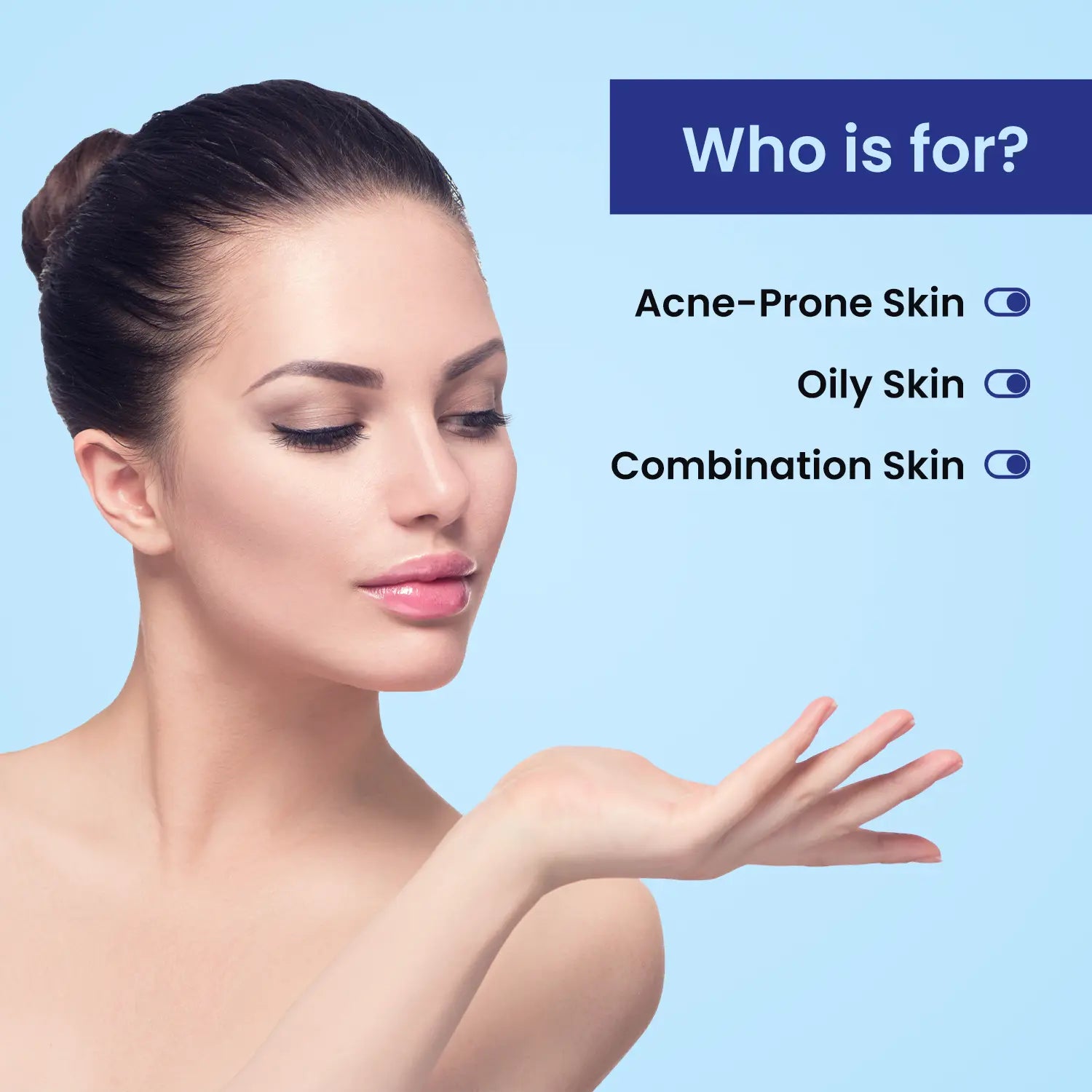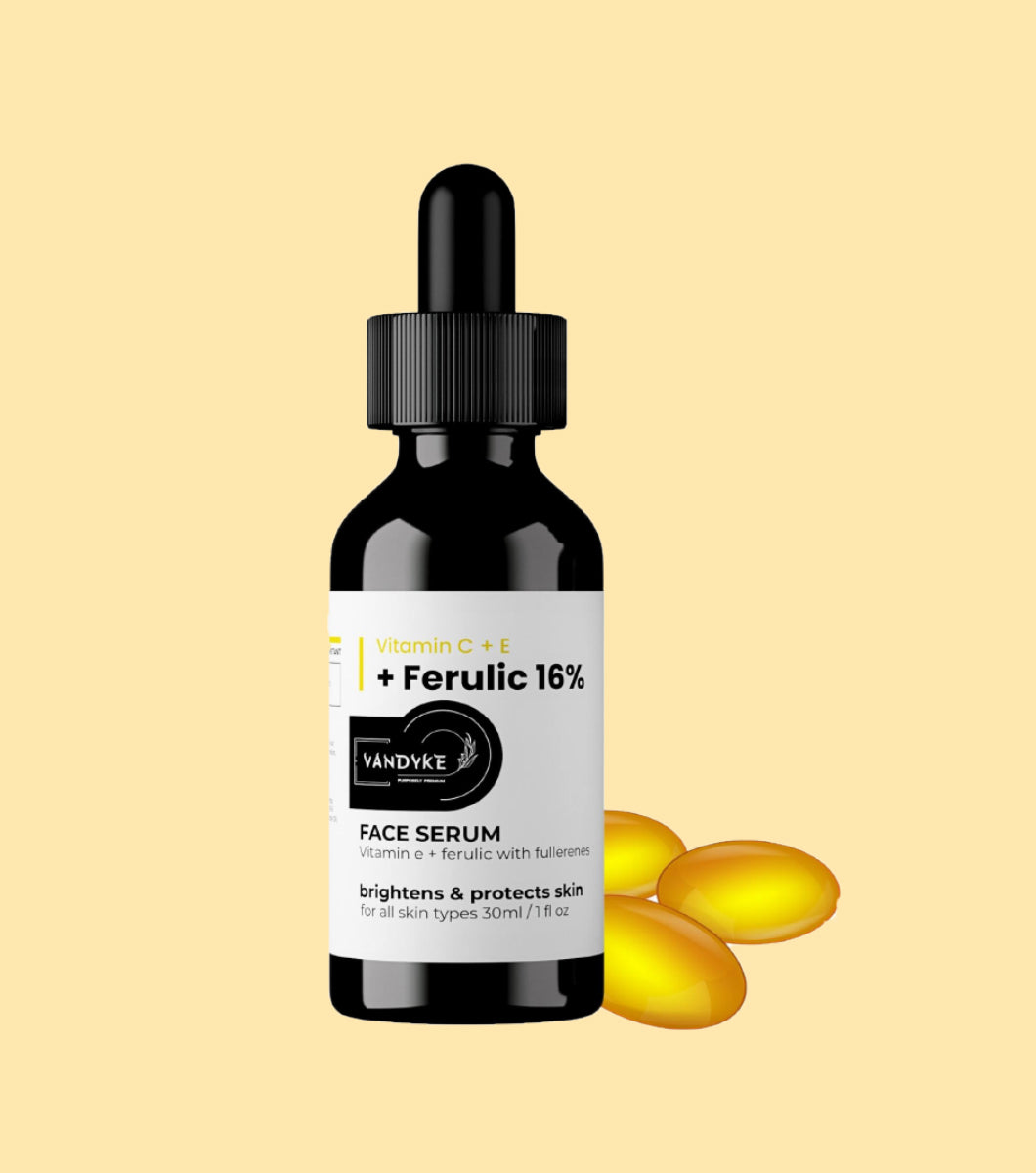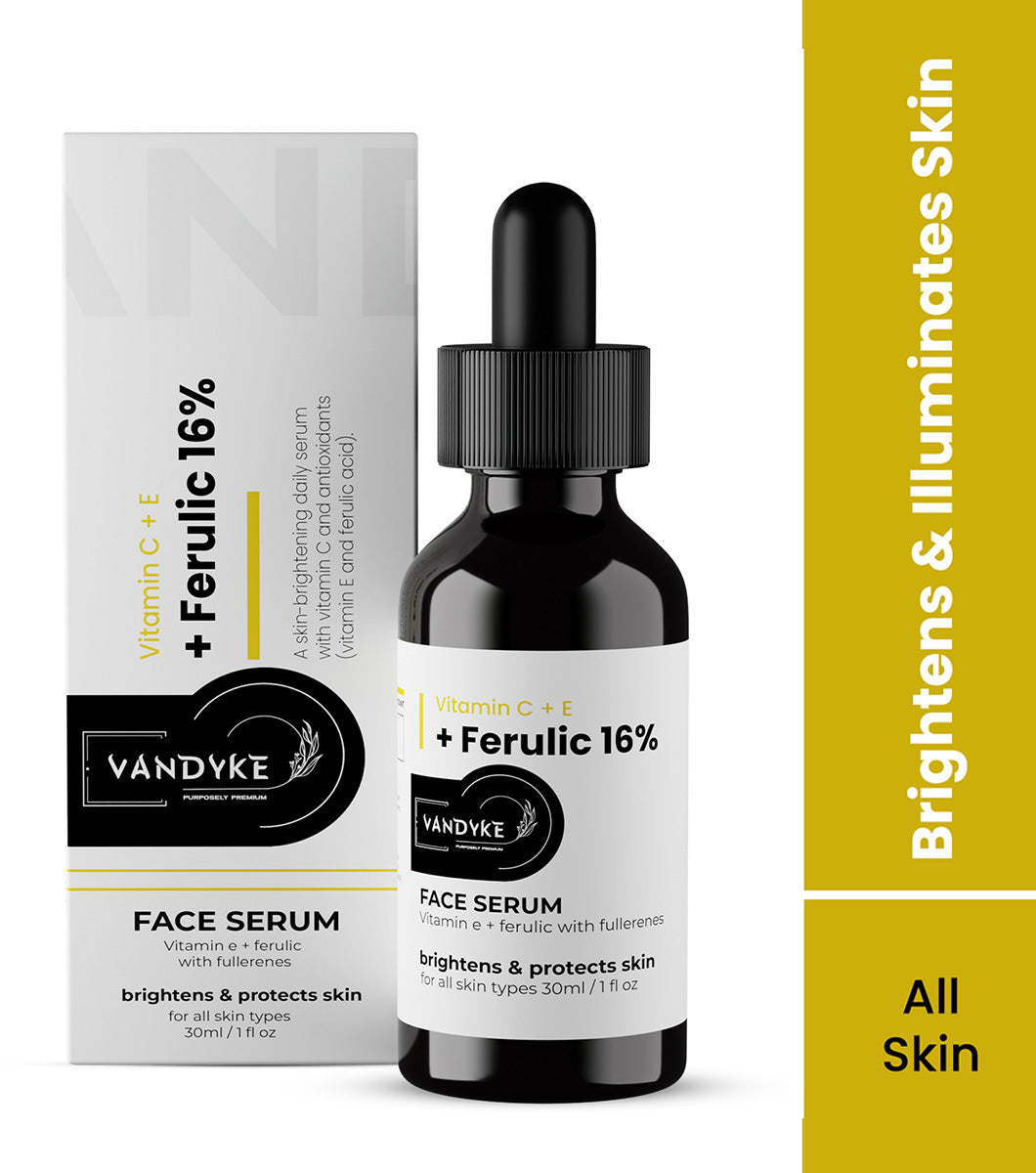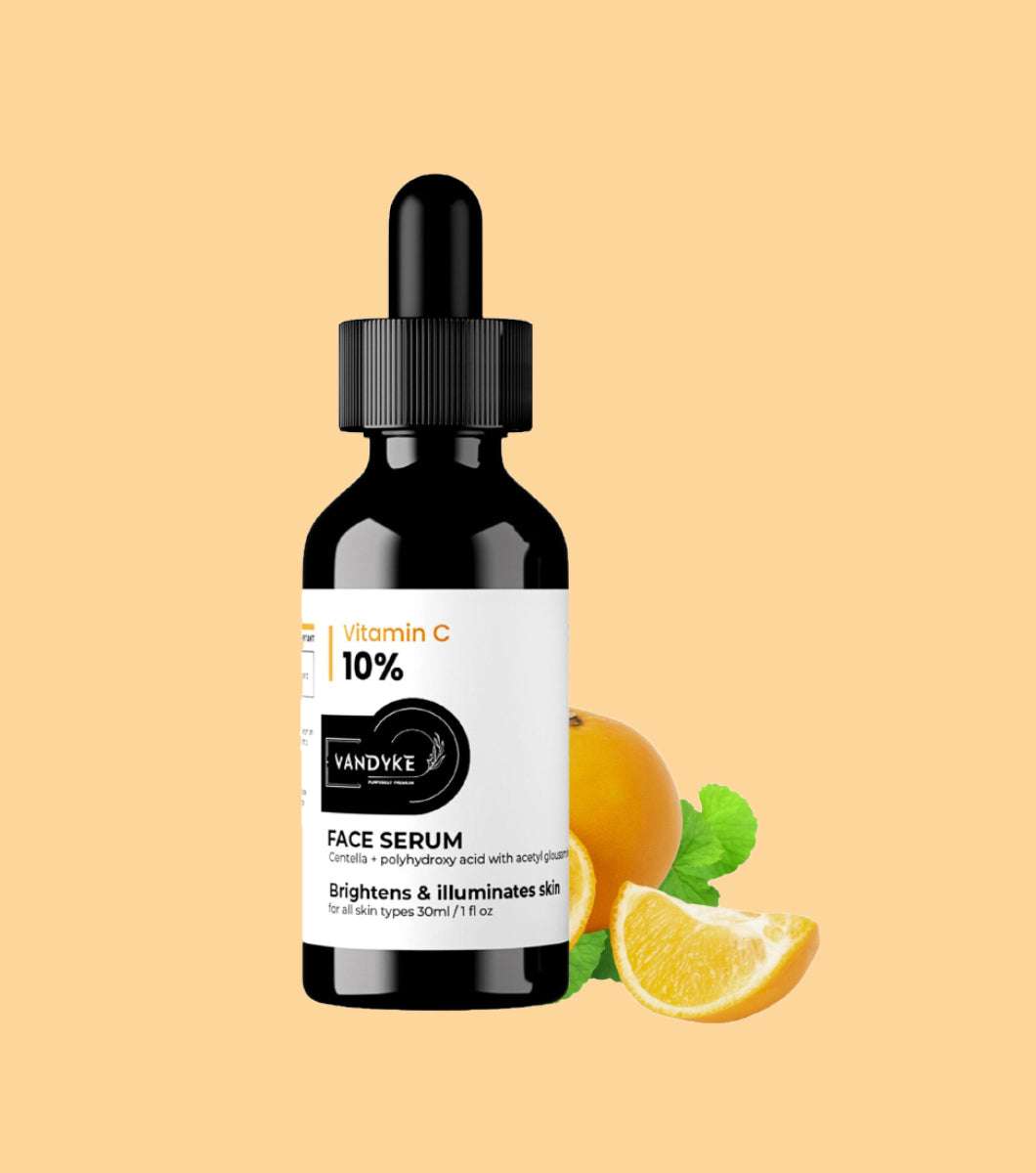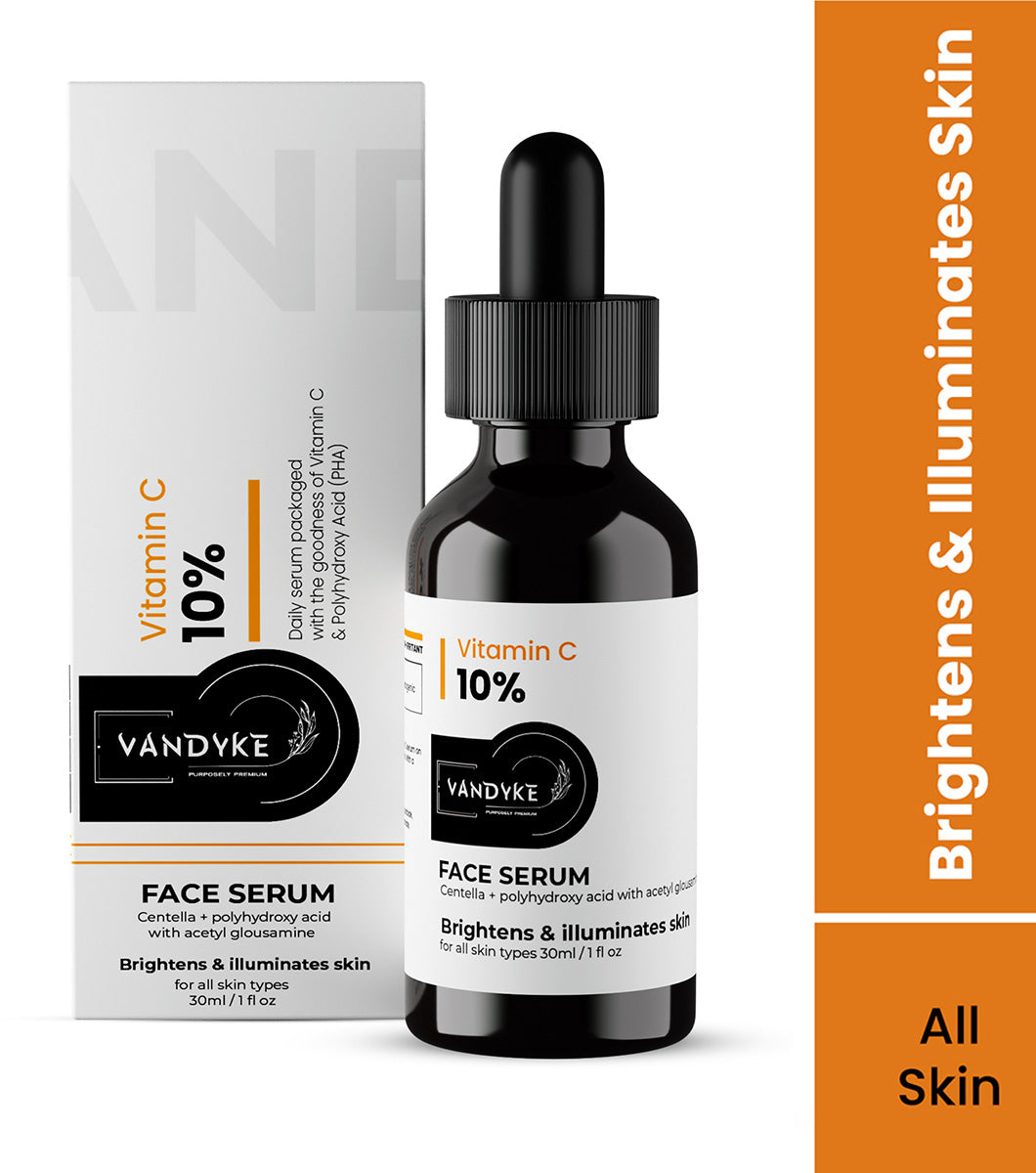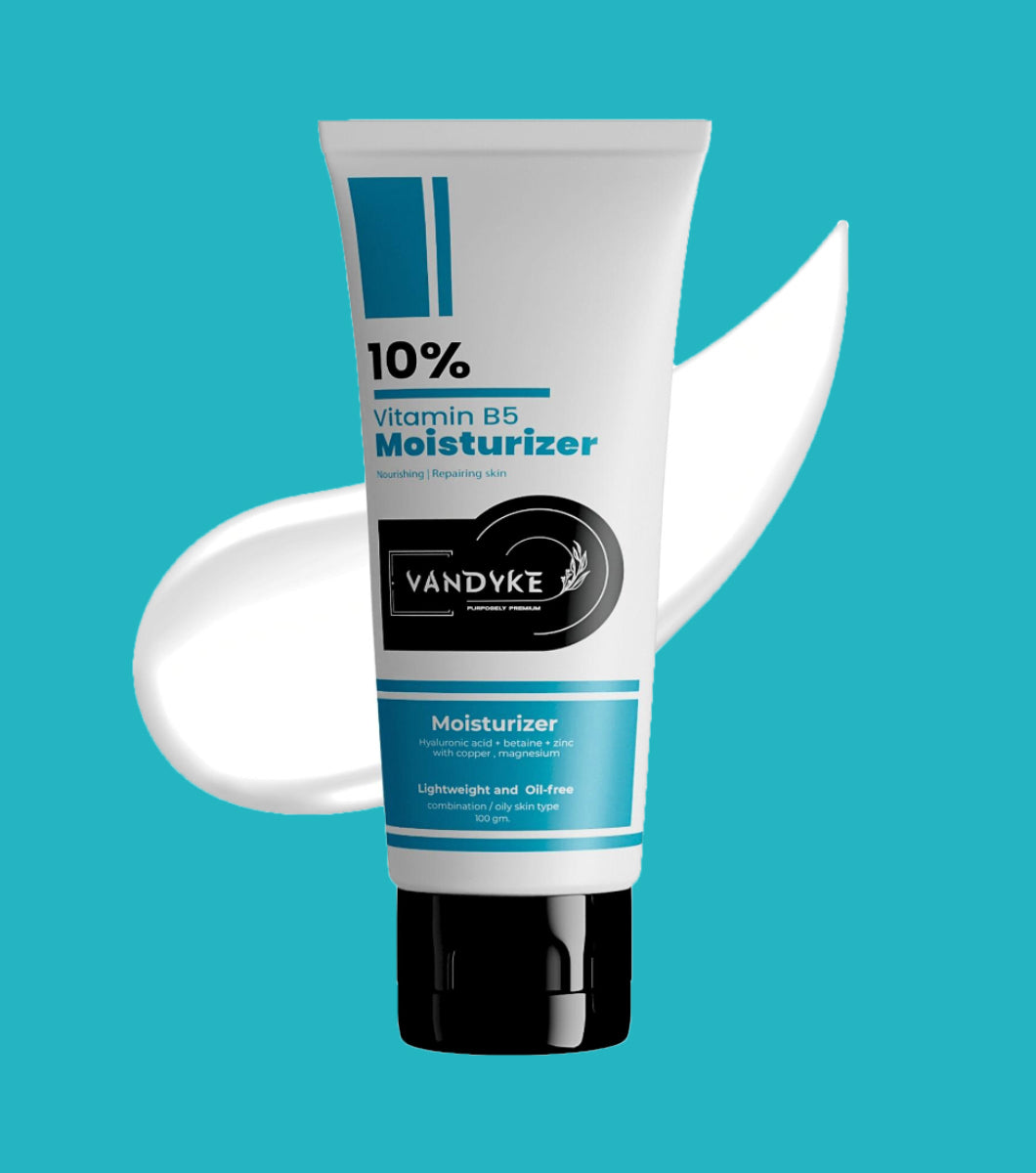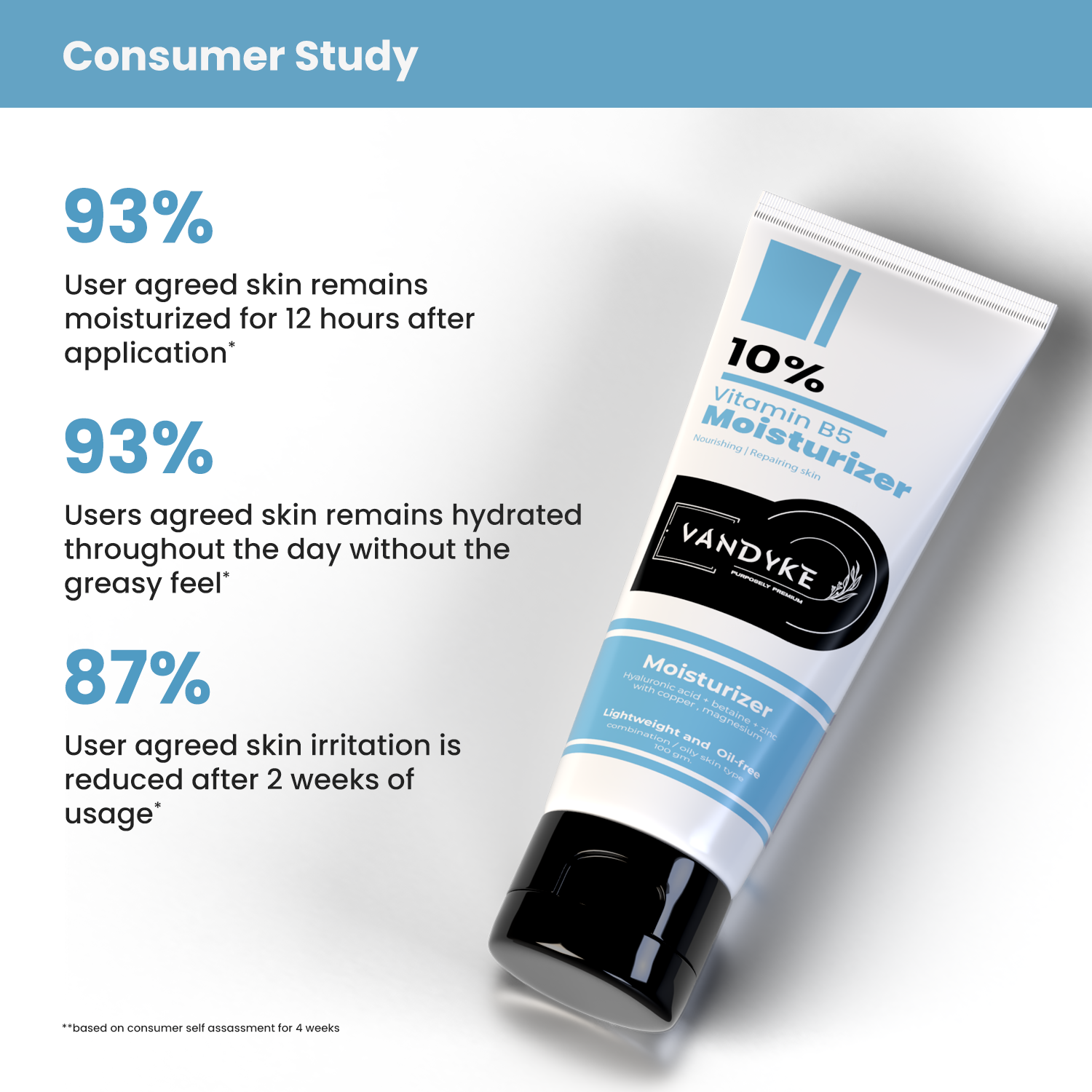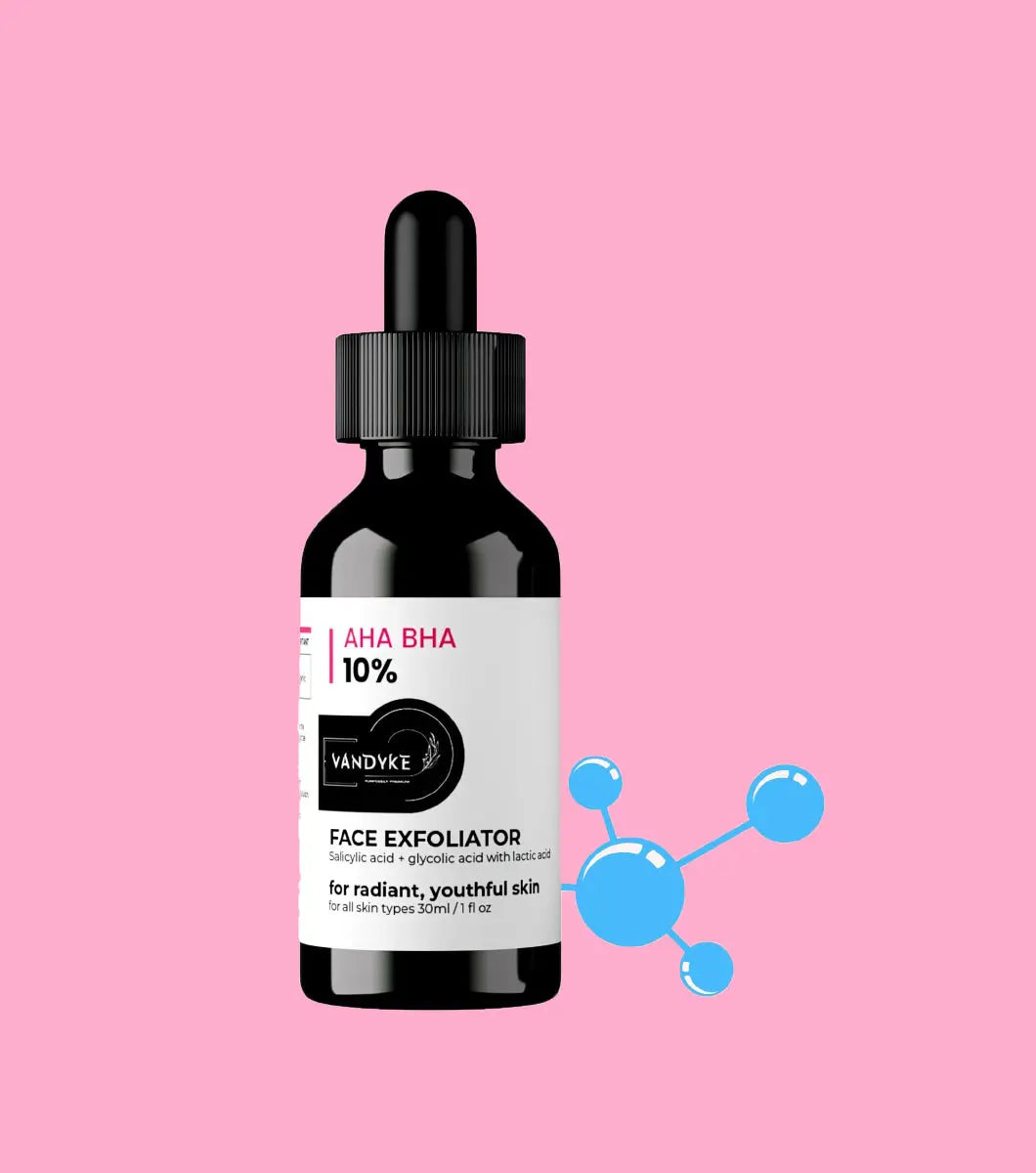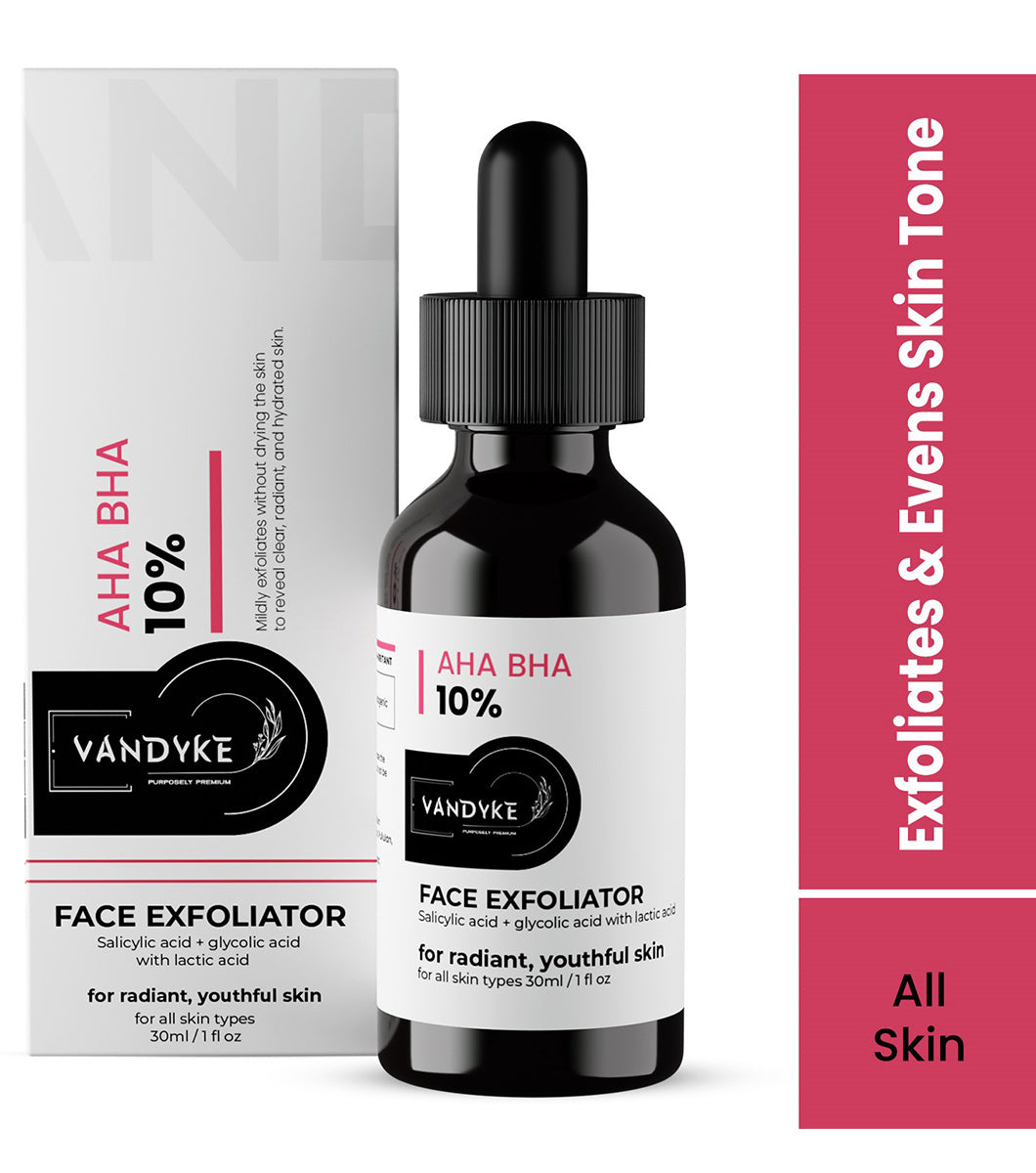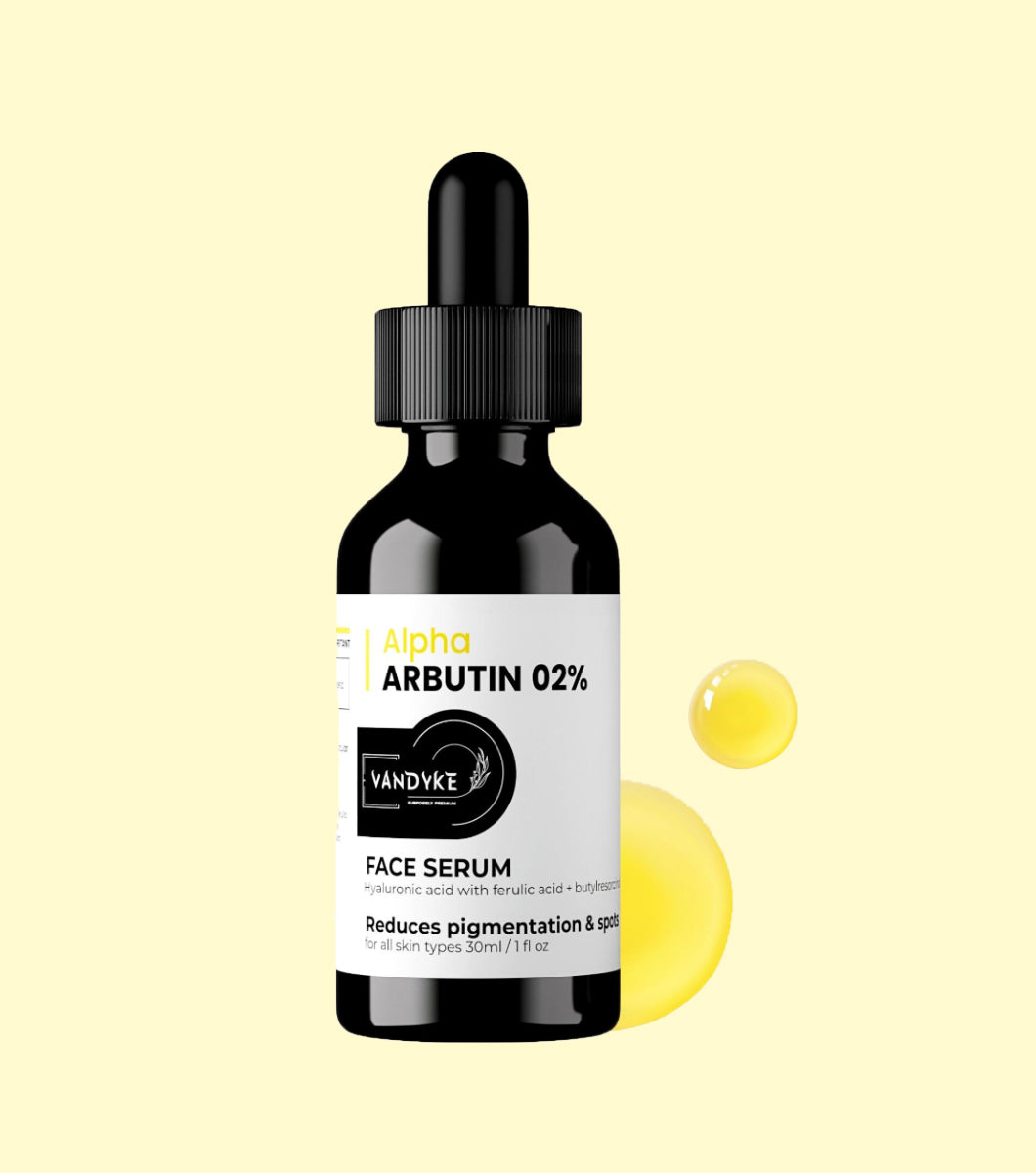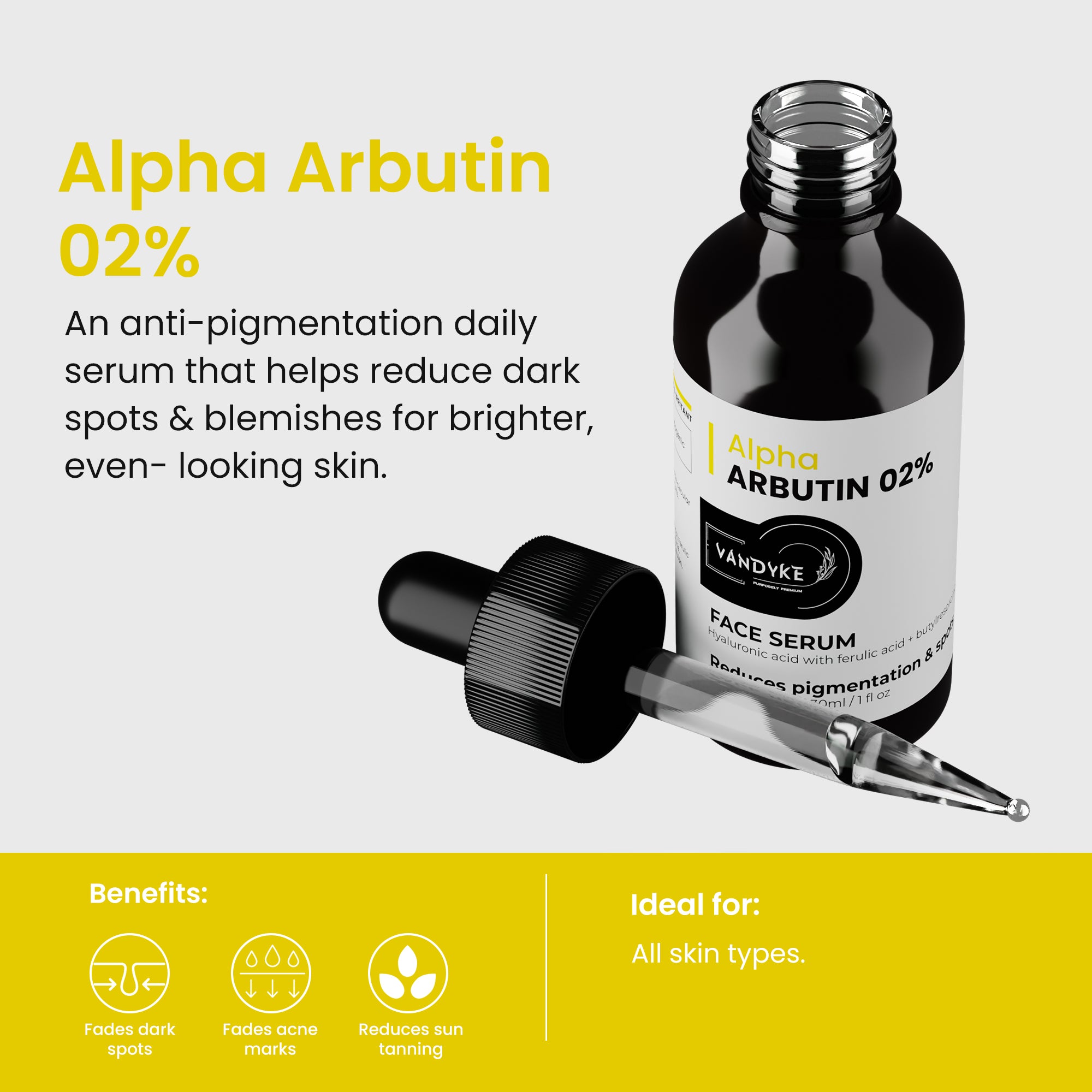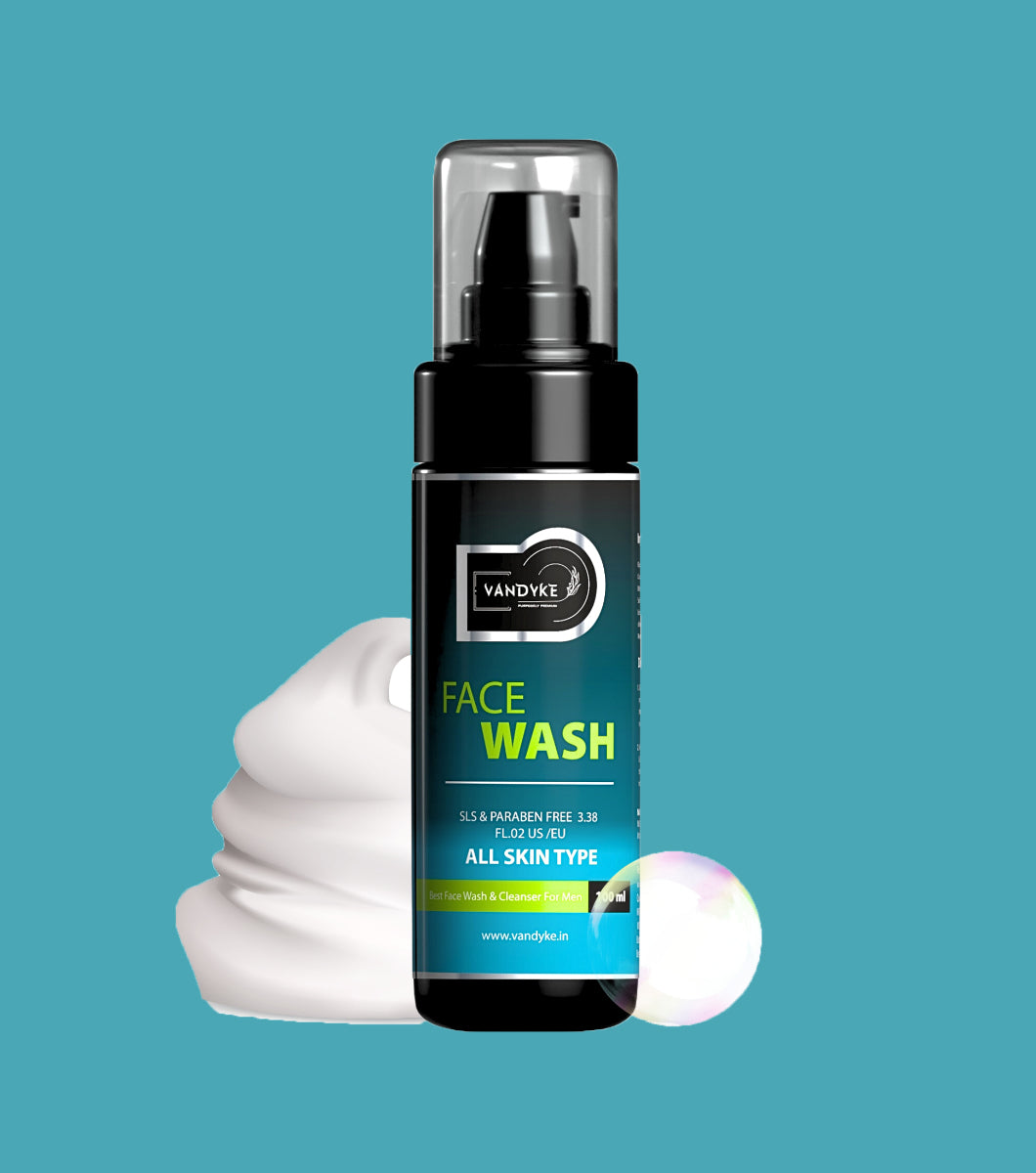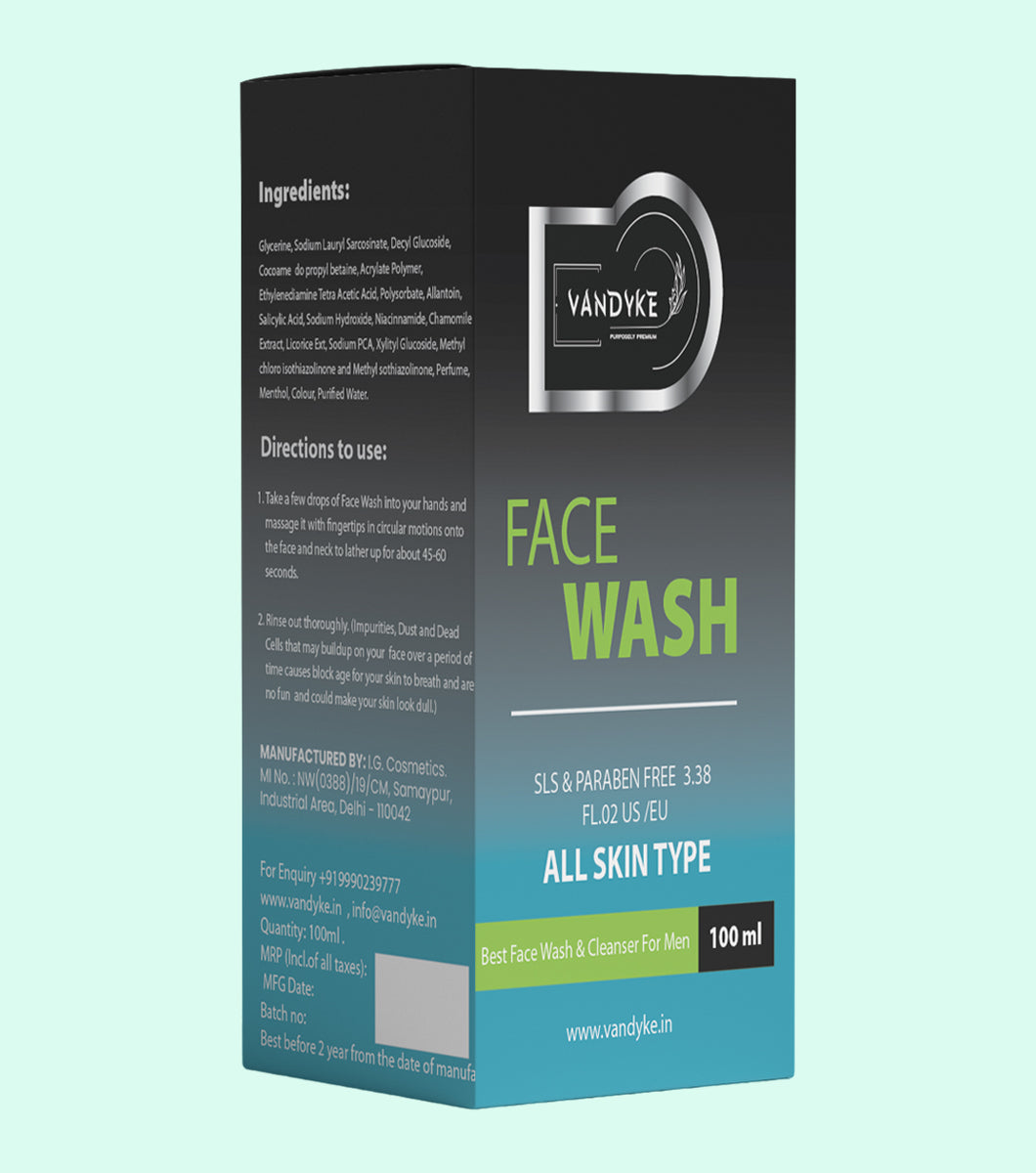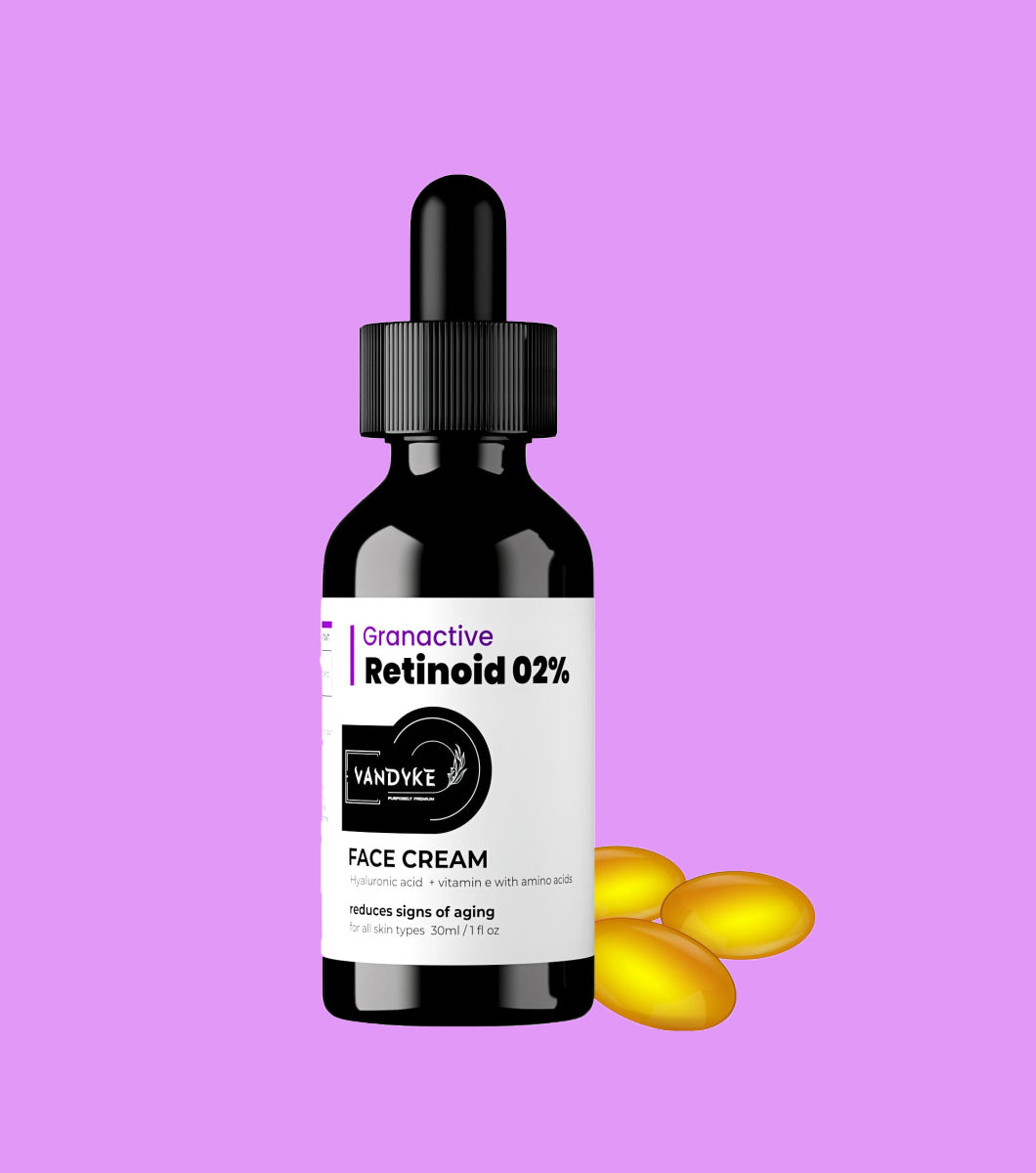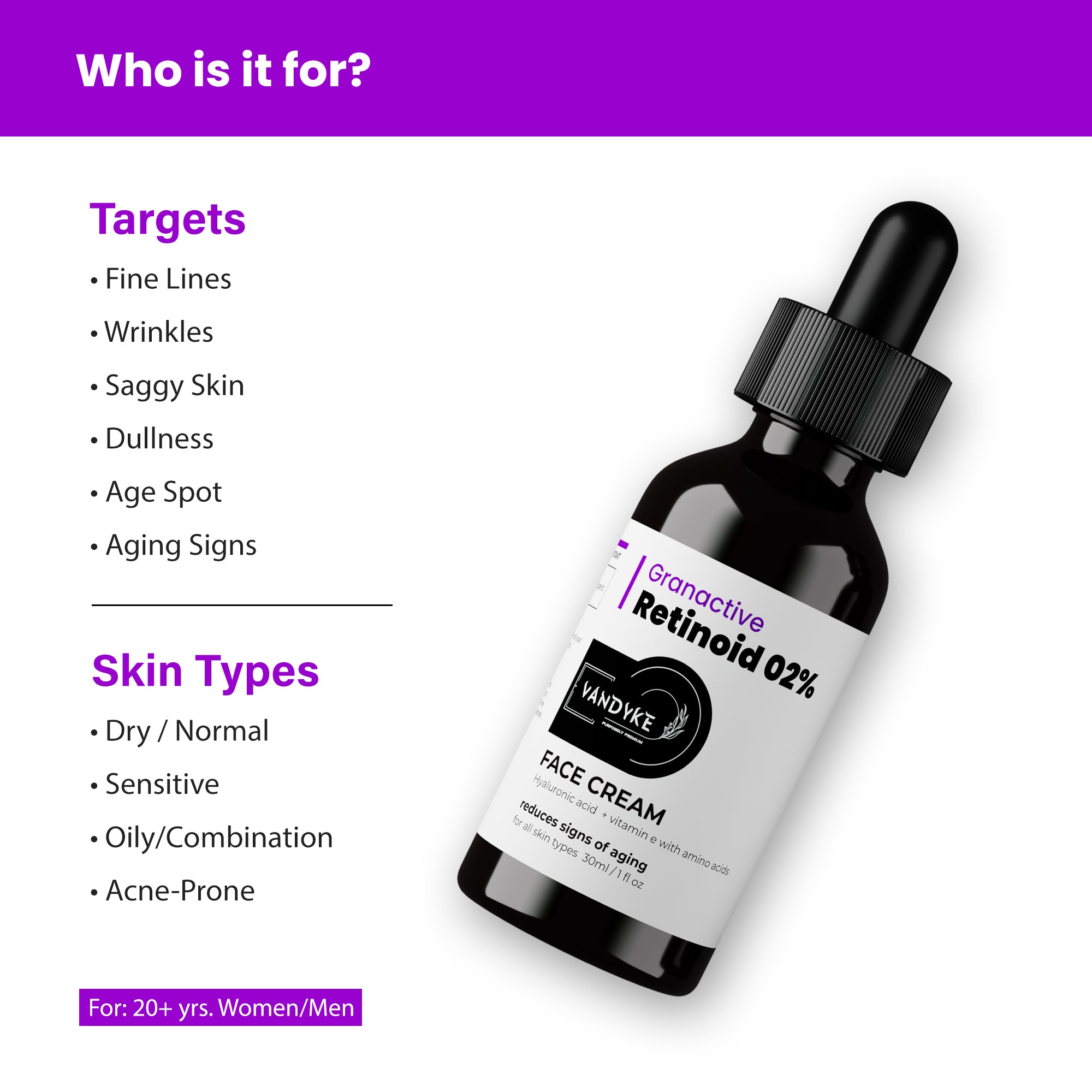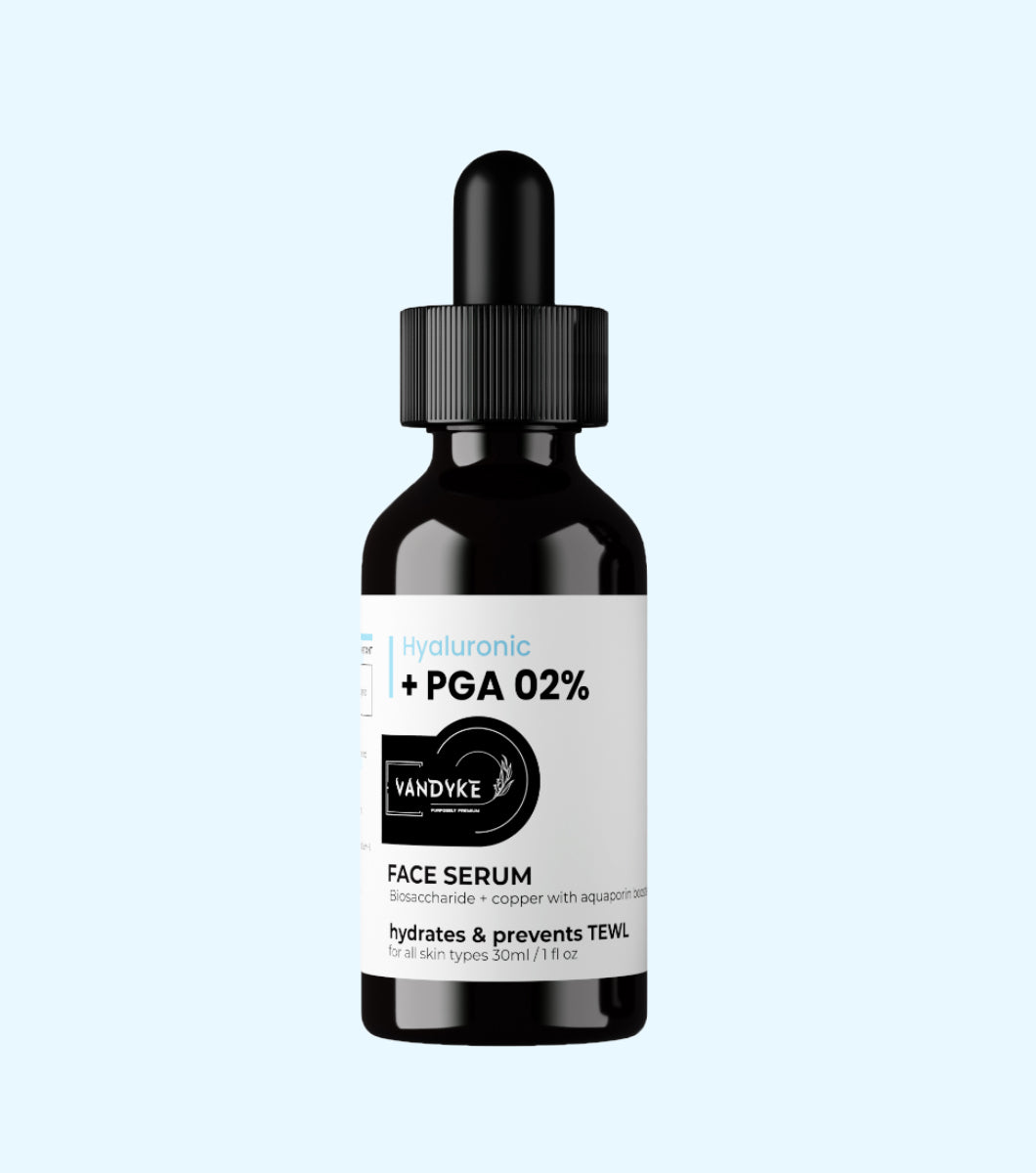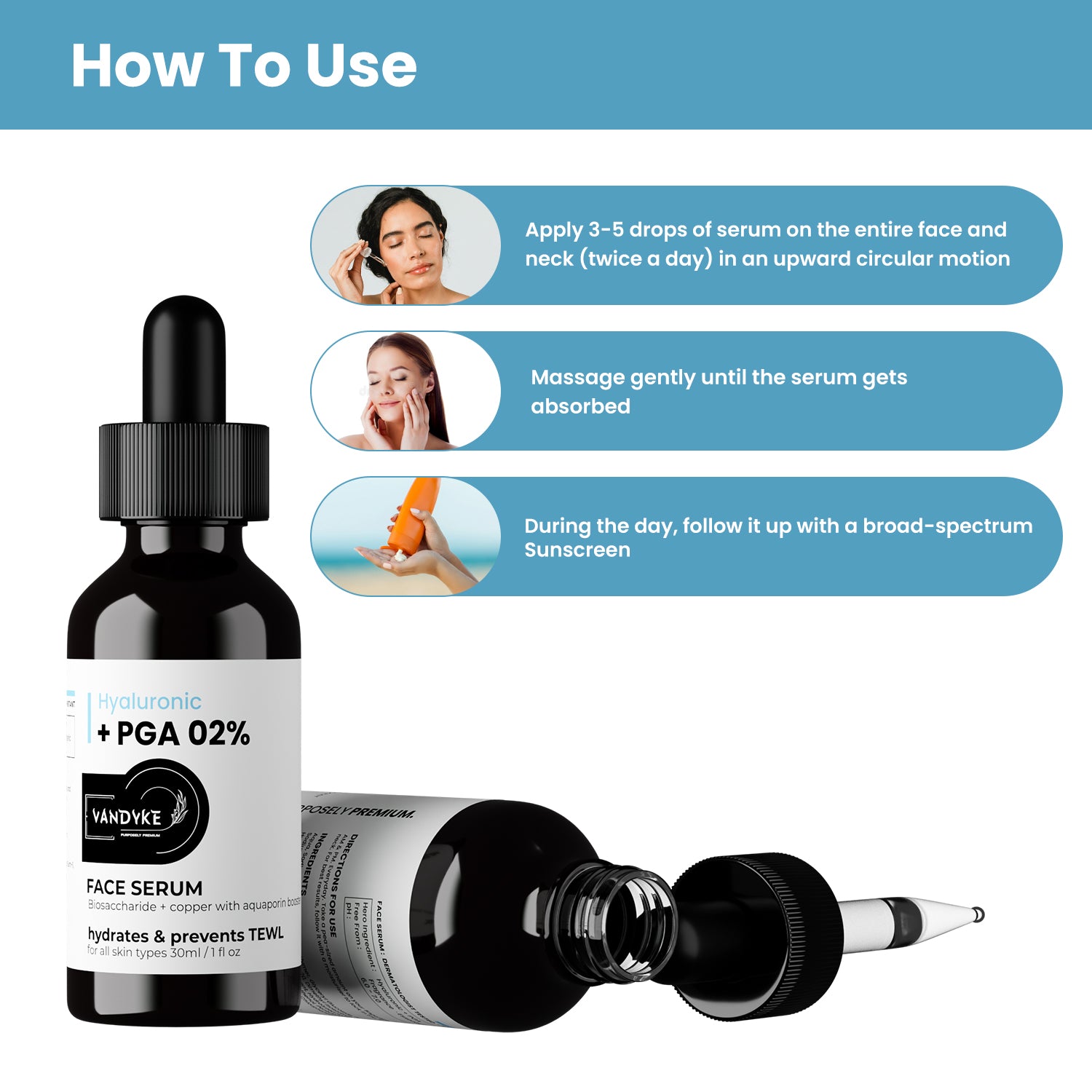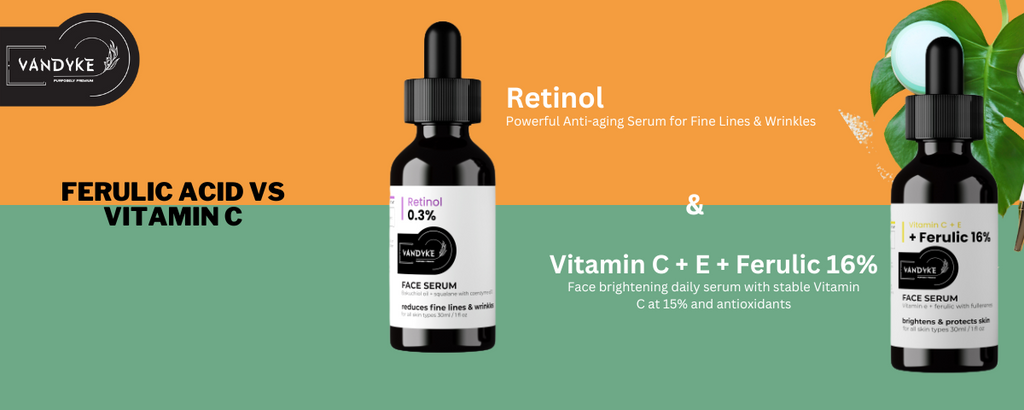
Ferulic Acid vs Retinol The Ultimate Anti-Aging Showdown

Ferulic Acid vs Retinol The Ultimate Anti-Aging Showdown
Ferulic Acid vs Retinol: When it comes to anti-aging chemicals, Ferulic Acid and Retinol are two standouts that frequently take center stage. Both are praised for their exceptional skin-care properties, but they function in distinct ways. Vandyke will analyze the pros and considerations of Ferulic Acid and Retinol in this final duel to help you determine which one is the best choice for your anti-aging skincare regimen.
What is Ferulic Acid?
Ferulic acid is a powerful antioxidant found naturally in plant cell walls. It is essential in skincare for protecting the skin from the harmful effects of free radicals and UV radiation. This potent antioxidant can aid in the improvement of skin health and the prevention of premature aging caused by environmental causes. For maximum efficiency, it is frequently combined with other antioxidants such as vitamin C and vitamin E.
Here’s why Ferulic Acid deserves a place in your anti-aging regimen:
Advantages of Ferulic Acid
- Antioxidant Power
The major function of ferulic acid is to neutralize free radicals. Free radicals are unstable chemicals that cause skin cells to age prematurely. Ferulic acid works to mitigate this harm.
- Sun Protection
Ferulic acid boosts the efficiency of vitamins C and E and provides additional protection against UV-induced skin damage when combined with them.
If you are looking for a product containing vitamin C and vitamin E with the ferulic acid then vandyke has a perfect product for you. You can use vandyke Vitamin C + E + Ferulic 16% Serum for your skin.
- Brightening
Ferulic acid can help balance out skin tone, eliminate dark spots, and make your skin seem brighter and younger.
-
Non-irritating
Most skin types handle it well, and it lacks the adverse effects commonly associated with Retinol.
If you are looking for a product containing the ferulic acid then you can use vandyke Alpha Arbutin 02% for your skin. This serum contains ferulic acid for your skin.
Limitations of Ferulic Acid
- Minimal Wrinkle Reduction
While Ferulic Acid protects the skin from future damage, its potential to diminish existing wrinkles and fine lines is limited.
What is Retinol?
Retinol, a kind of Vitamin A, is well-known for its ability to combat aging indications such as fine lines and wrinkles. It increases collagen formation, enhances skin cell turnover, and can help improve skin texture and tone. Retinol is a popular and effective component in many skincare products, but it is powerful and can cause skin irritation, so use it as prescribed and gradually introduce it into your skincare regimen.
Here’s why Retinol is a top choice for anti-aging:
Advantages of Retinol
- Wrinkle Reduction
Retinol boosts cell turnover and stimulates collagen formation, resulting in smoother, firmer skin with less wrinkles and fine lines.
- Skin Renewal
It promotes the creation of new, healthy cells and a more youthful appearance by assisting in the removal of old, damaged skin cells.
- Improves Texture
Retinol can improve skin texture, reduce pore size, and create a smoother complexion.
- Acne Control
It can aid in the reduction of acne outbreaks and the reduction of post-inflammatory hyperpigmentation.
If you are looking for a skin care product containing retinol then you can use vandyke retinol 03% for your skin.
Limitations of Retinol:
- Potential Irritation
When first incorporated into a skincare routine, retinol can cause discomfort. Redness, flaking, and dryness are all possible symptoms.
- Sun Sensitivity
Because retinol might make your skin more sensitive to the sun, it’s critical to apply sunscreen every day when using Retinol products.
- If you are looking for 50 spf sunblock. Then you can choose vandyke SPF 50 sunscreen for your skin. 50 spf face sunscreen will be the best spf 50 sunblock. This sunscreen with 50 spf is enough for your daily skin protection.
- Not Suitable for All
It is not recommended for people with extremely sensitive or dry skin, and it should be avoided during pregnancy.
Choosing the Right Ingredient for You
The decision between Ferulic Acid and Retinol is influenced by your unique skincare objectives, skin type, and tolerance. Take a look at the following:
Choose Ferulic Acid If
- Your major concern is avoiding more free radical and UV radiation damage.
- You have sensitive or dry skin and want an antioxidant that doesn’t have the possible negative effects of Retinol.
- You want a brightening effect as well as protection from black stains.
Choose Retinol If
- Your main worries are wrinkles, fine lines, and skin texture.
- You have normal to oily skin and are ready to risk side effects in return for anti-aging advantages.
- You use sunscreen consistently and can commit to gradually introducing Retinol into your regimen to avoid discomfort.
Combining Ferulic Acid With Retinol
In some circumstances, the greatest approach to anti-aging skincare is a combination of both, rather than either-or. When handled correctly, these two substances can complement each other. Here’s how it’s done:
- Layering
Incorporate Ferulic Acid and Retinol into your regimen. Use Ferulic Acid first thing in the morning for antioxidant protection, and Retinol at night for anti-aging effects.
- Caution
Start gently and pay great attention to your skin’s reaction while mixing these components. Introduce Retinol gradually and increase its frequency.
- Sunscreen is Non-negotiable
Regardless of the substance, daily broad-spectrum sunscreen is required. It is especially important when using Retinol since your skin will be more prone to UV damage.
Conclusion
The decision between Ferulic Acid and Retinol is based on your individual skin conditions and how your skin reacts to each substance. Ferulic Acid may be an excellent alternative if you need strong antioxidant defense against additional harm. Retinol, on the other hand, may be your best ally if your goal is to reduce wrinkles, improve skin texture, and promote collagen synthesis.
Combining these compounds can give comprehensive anti-aging assistance in some circumstances. Whatever you choose, remember to apply sunscreen every day, follow a regular skincare routine, and check with a physician if you’re unsure about which product is best for you.
